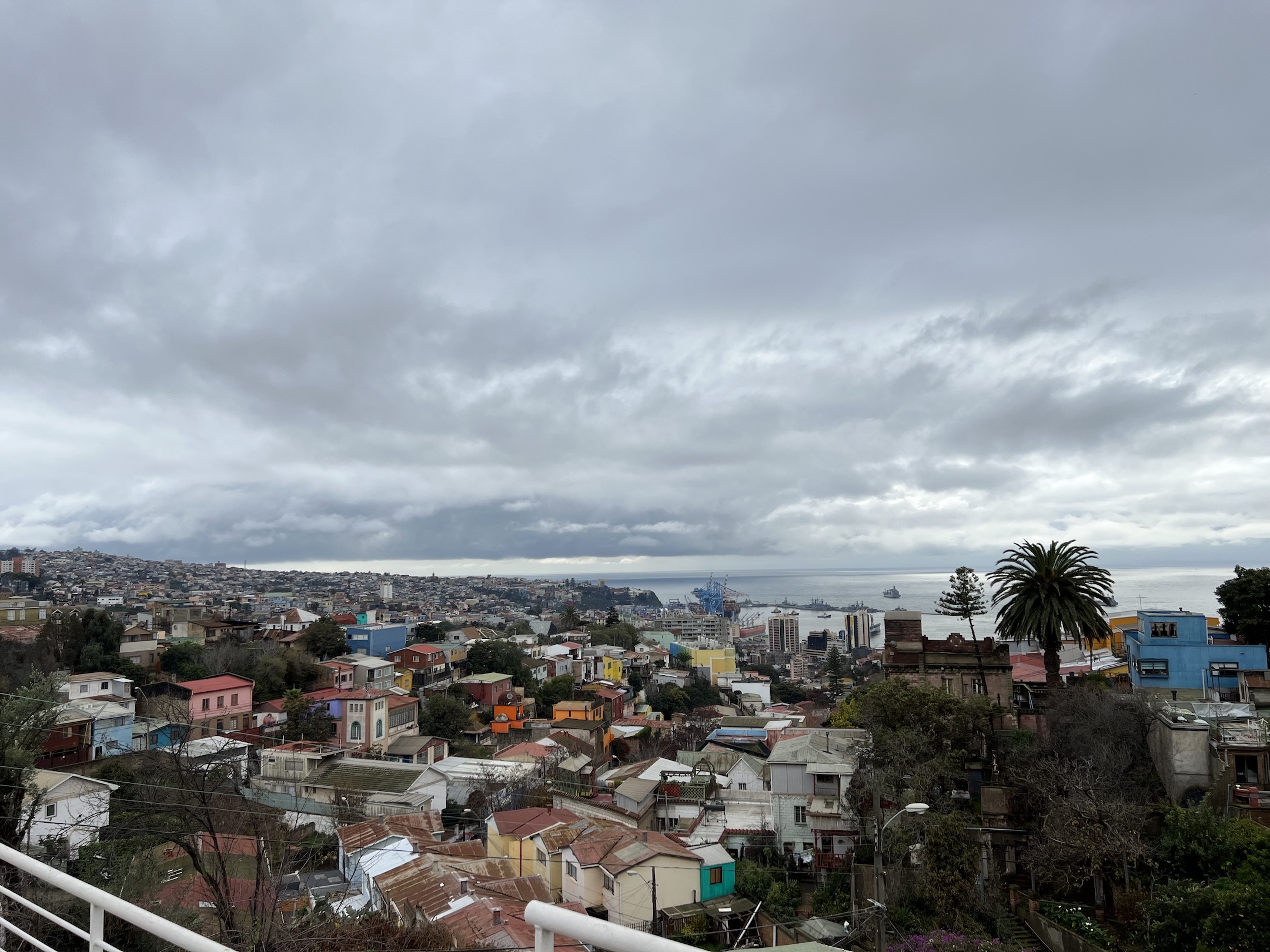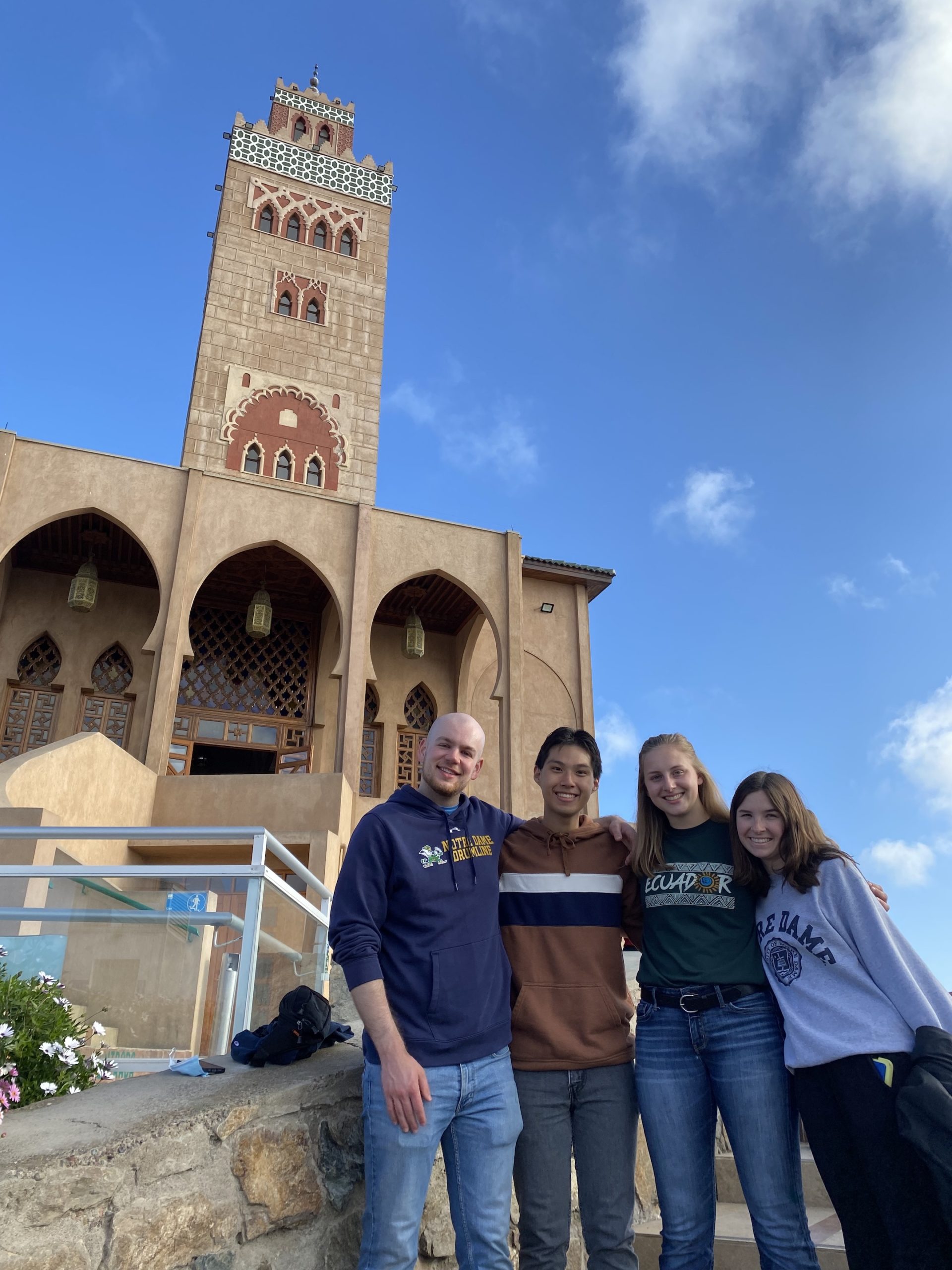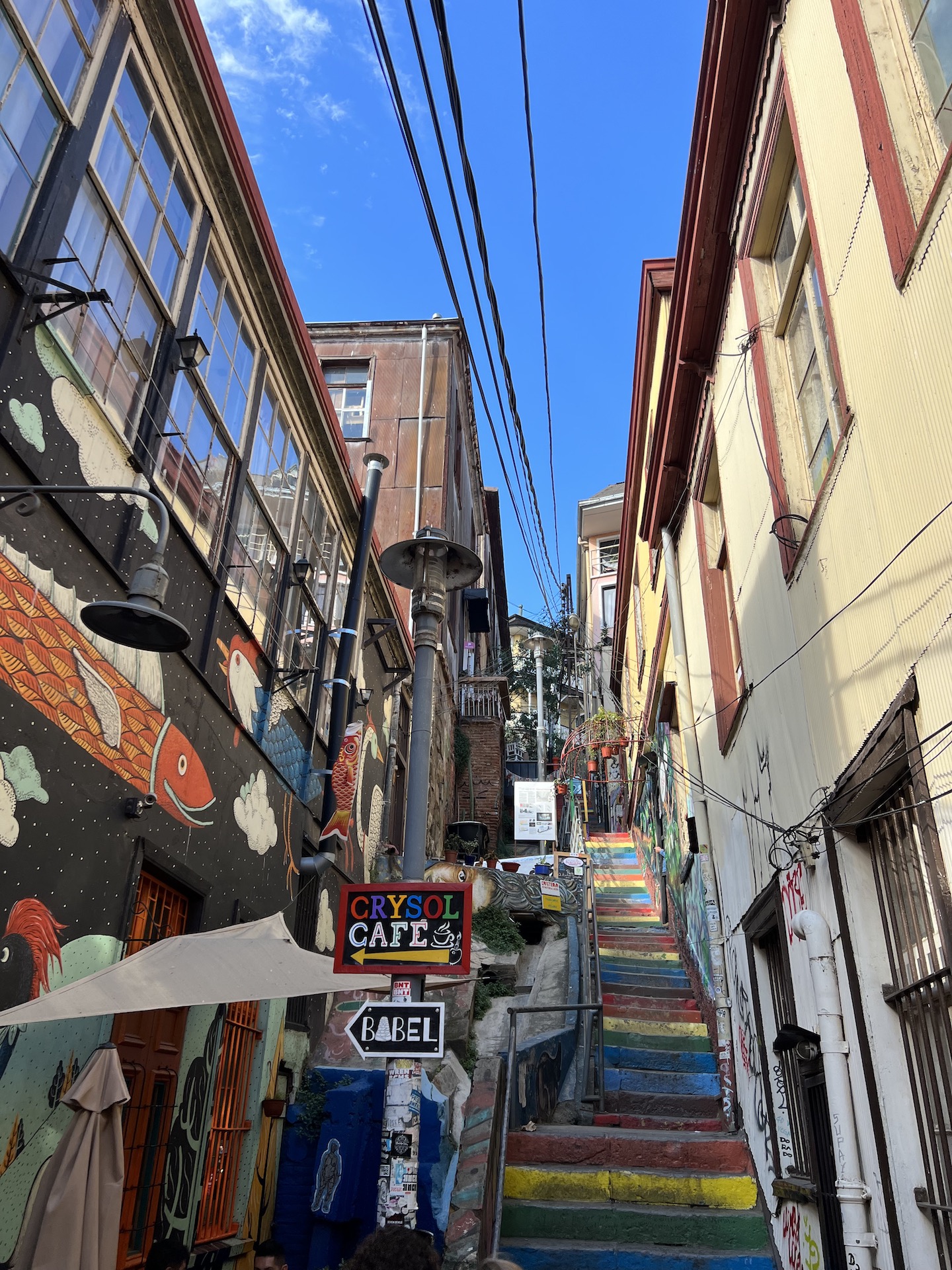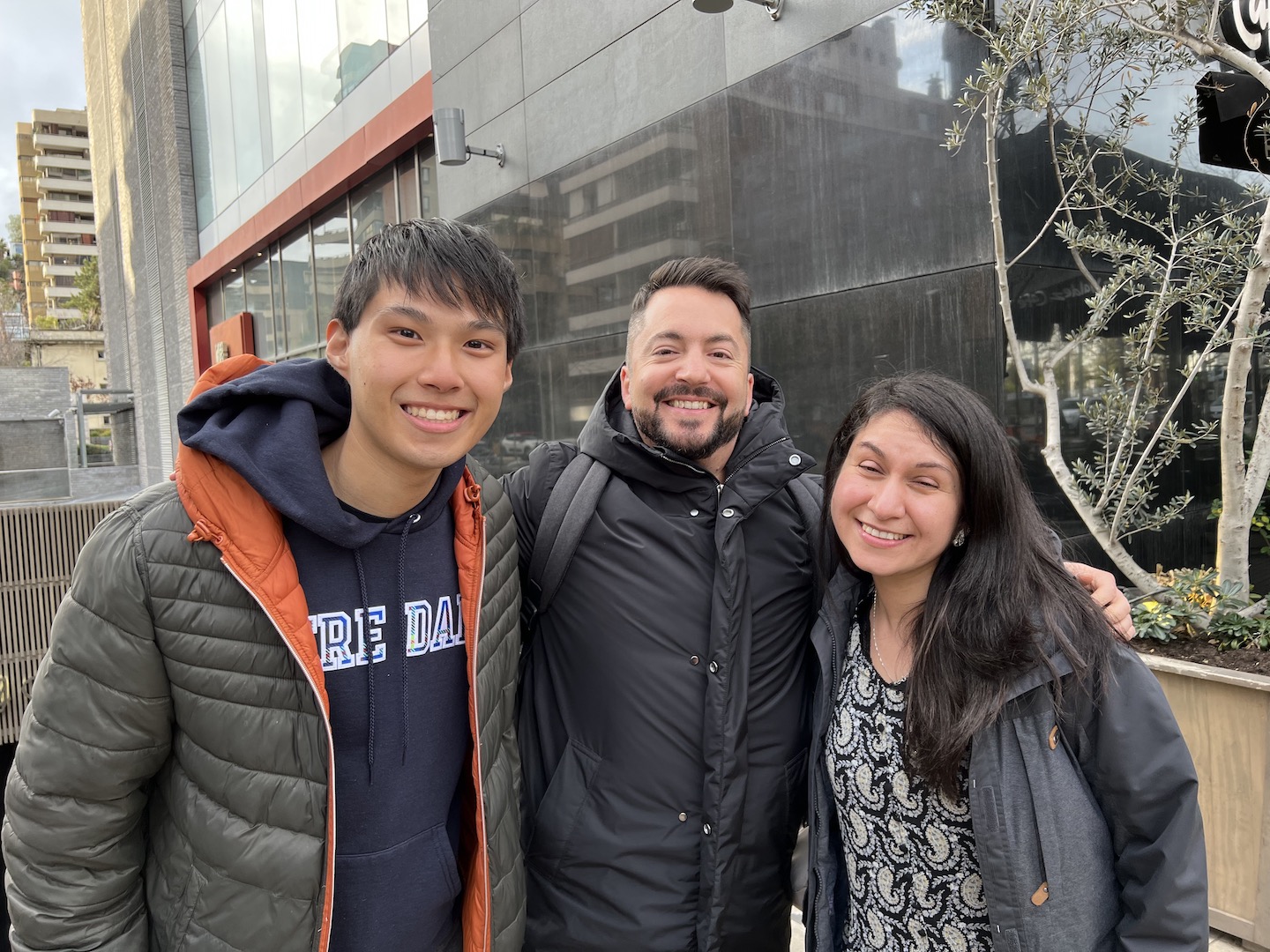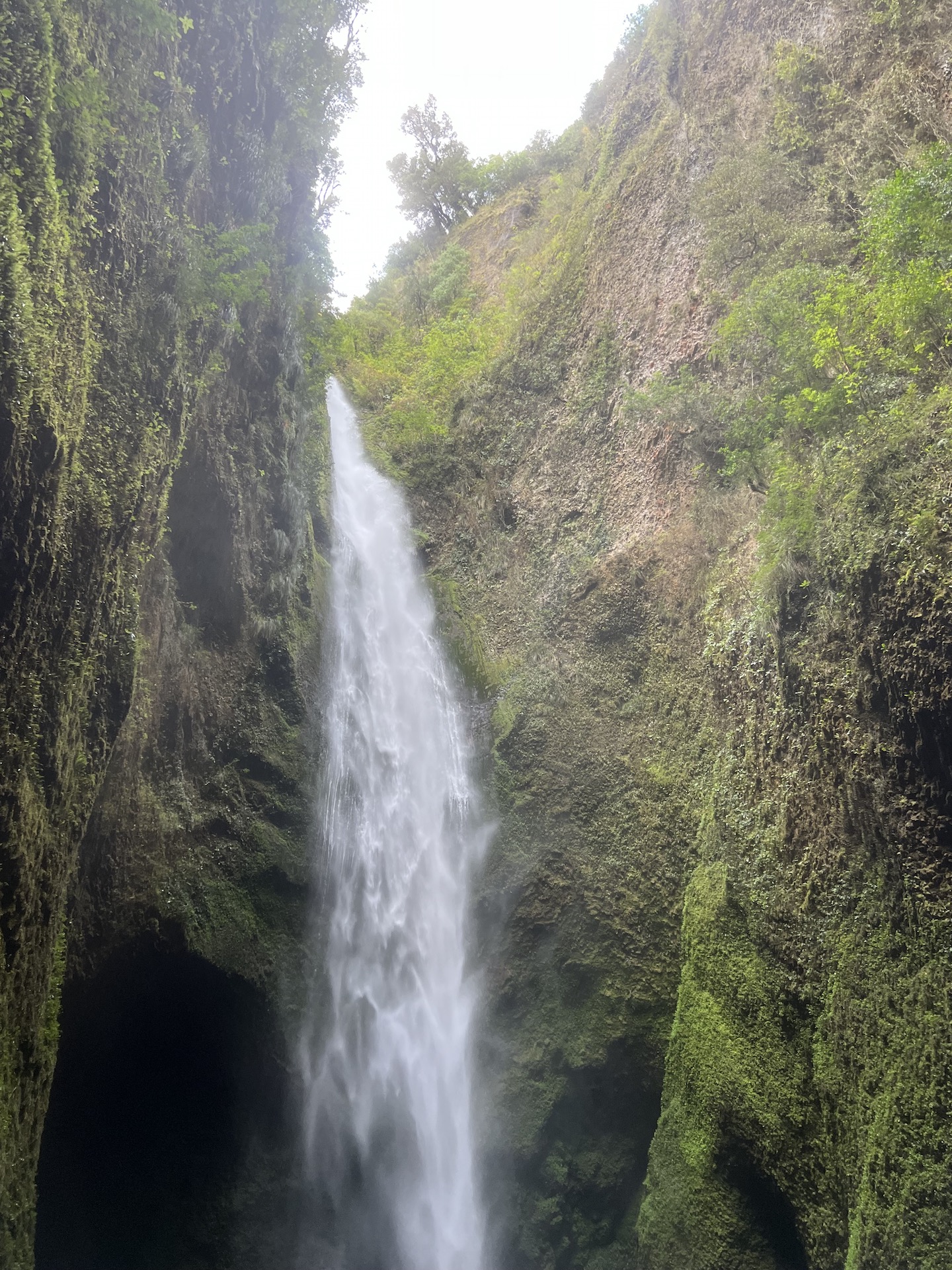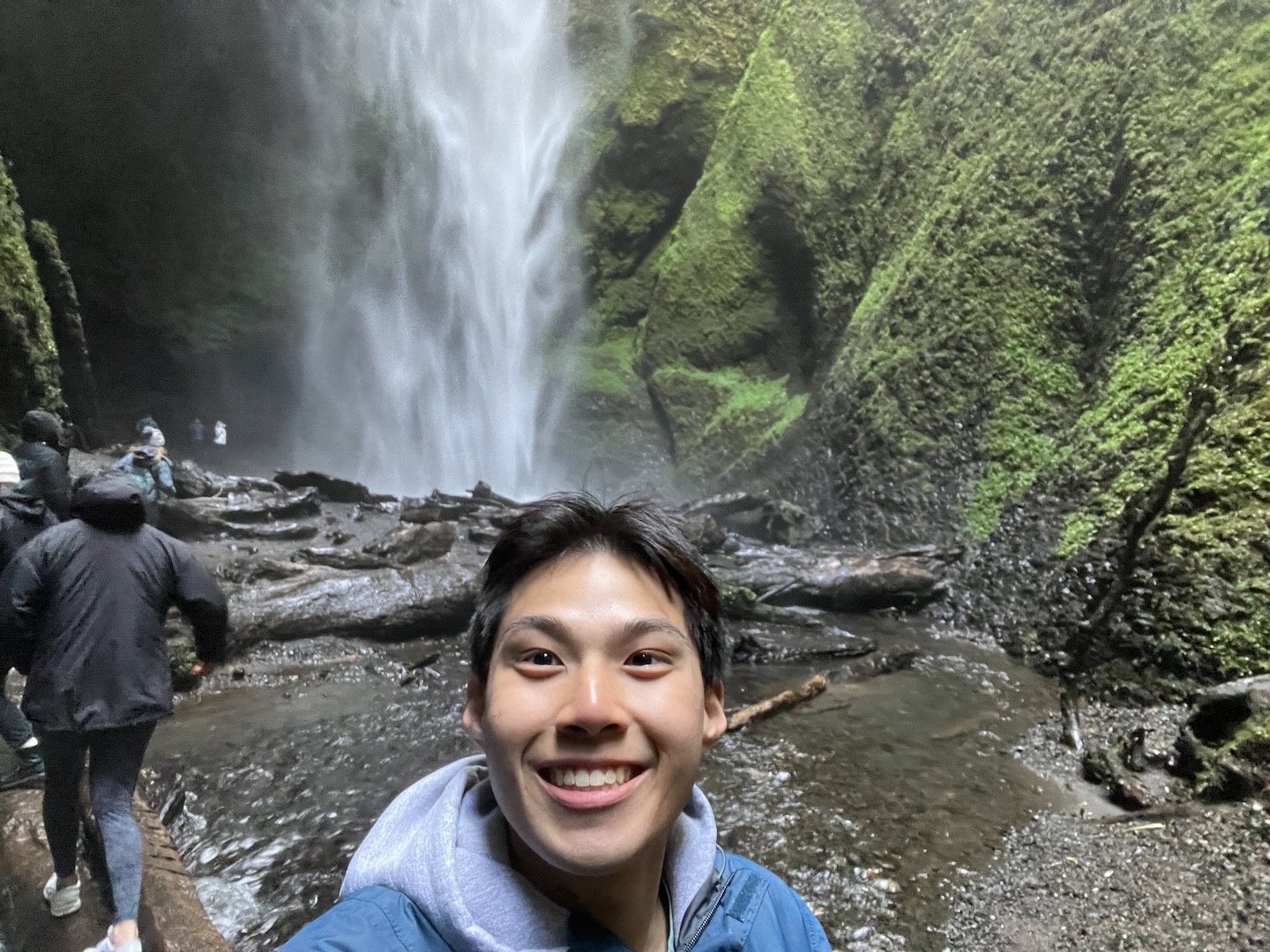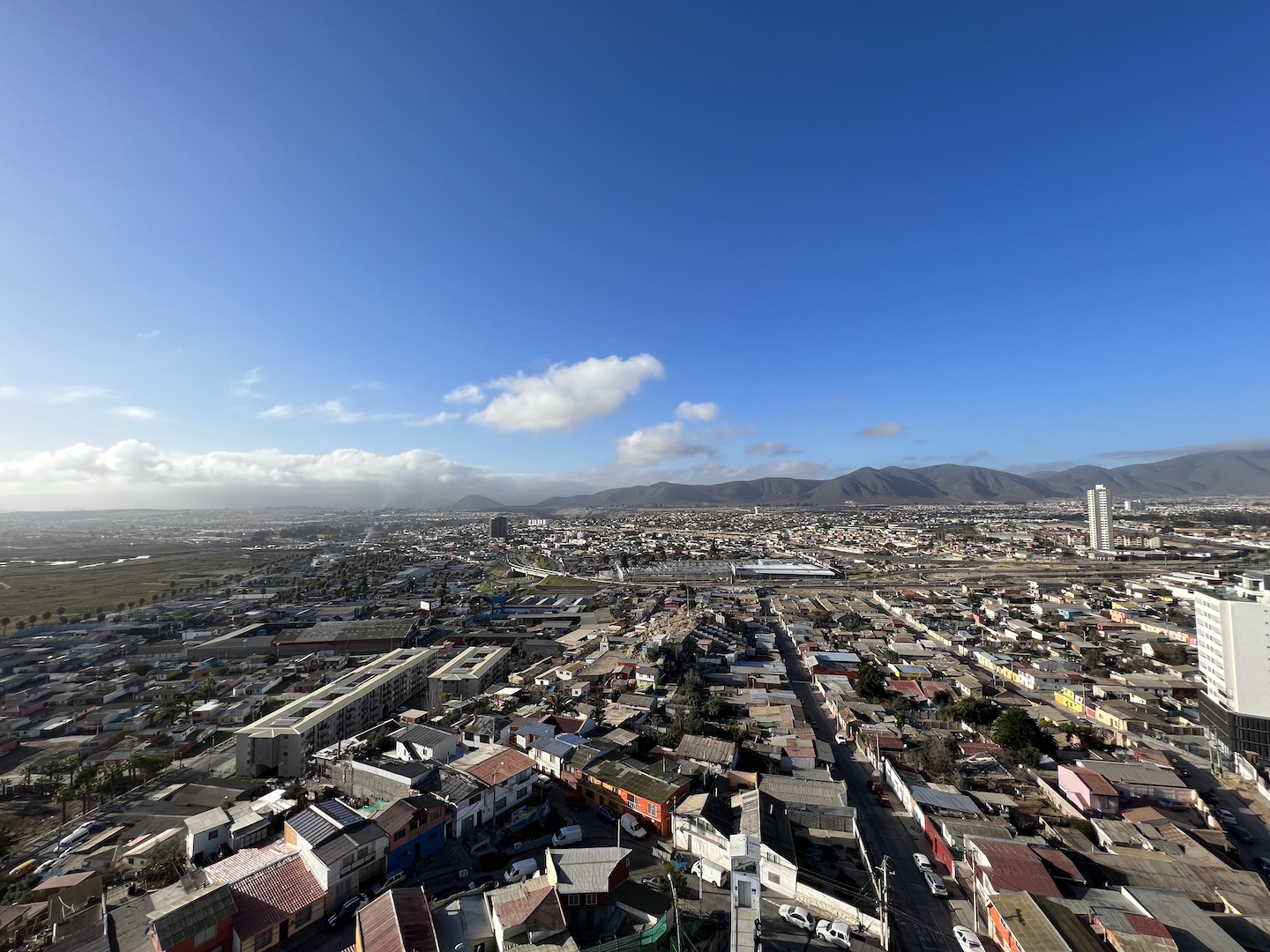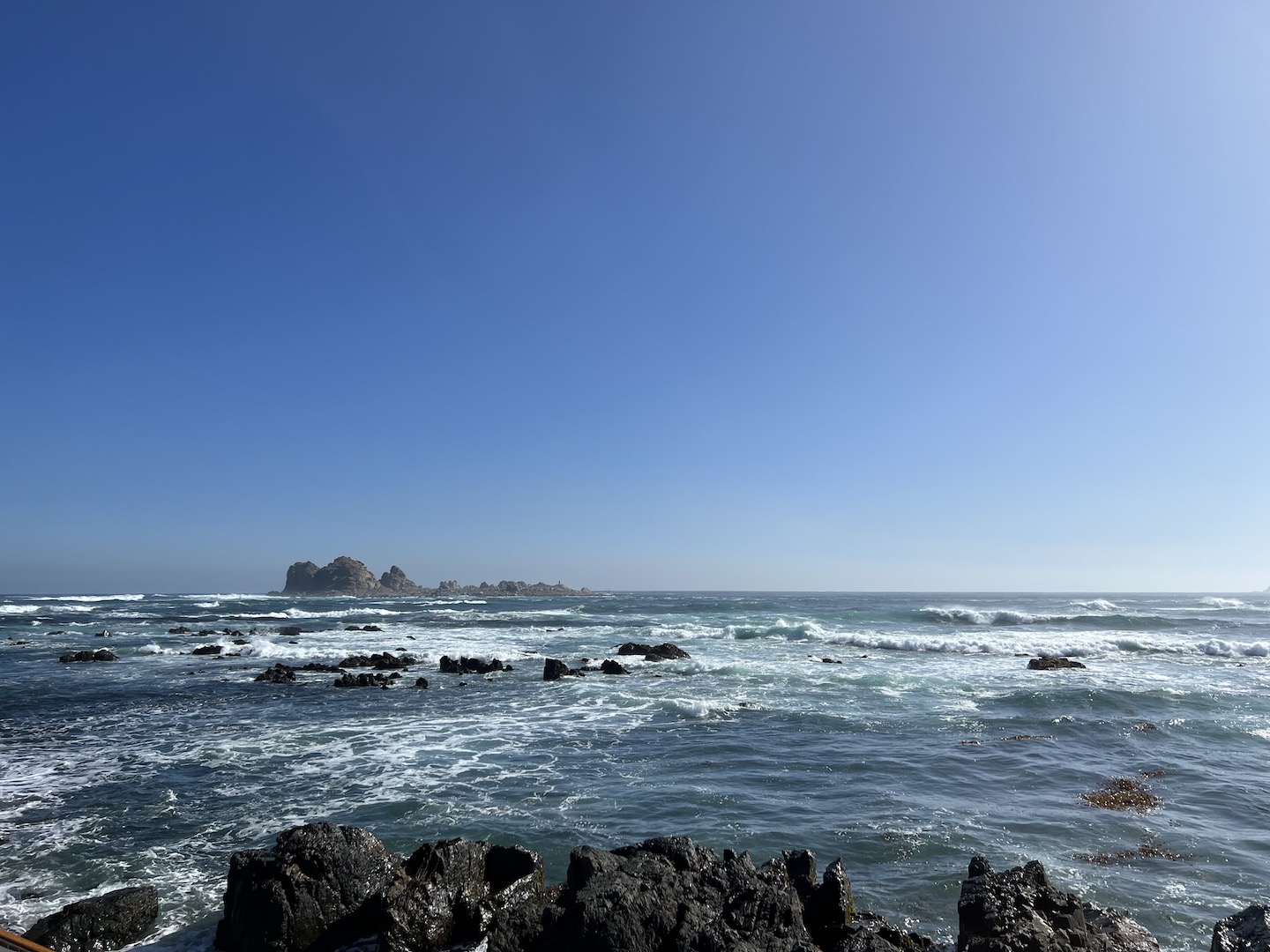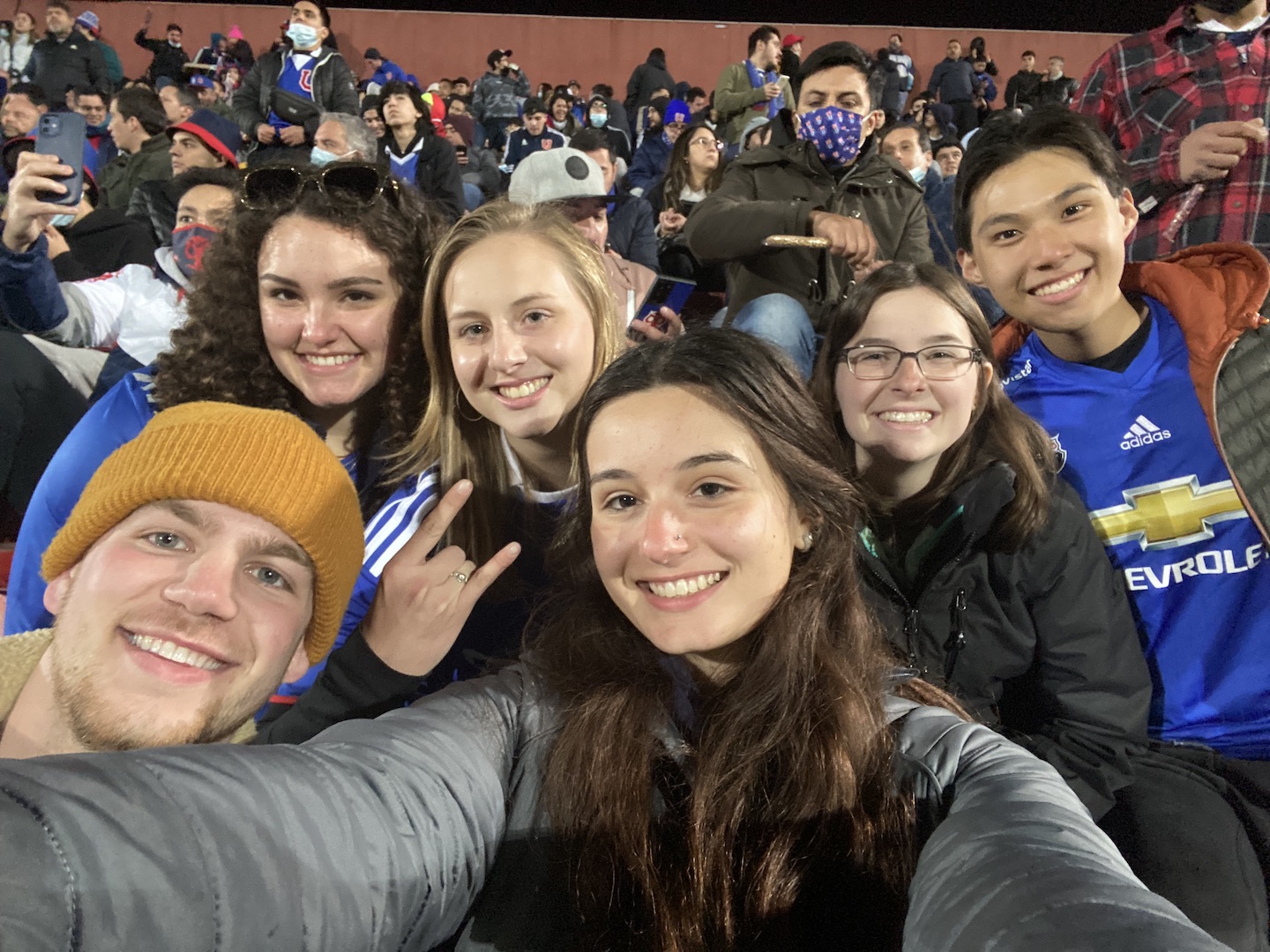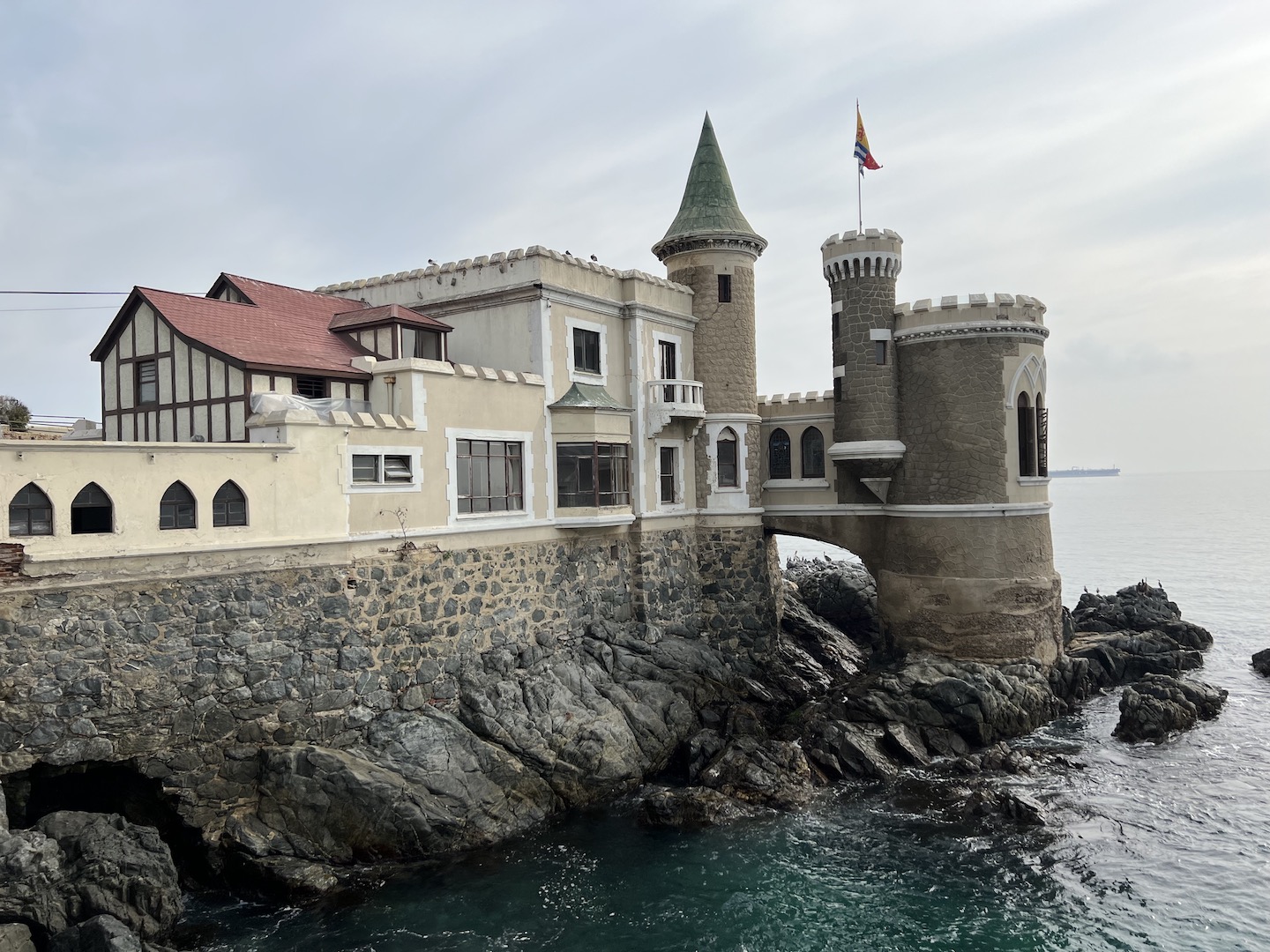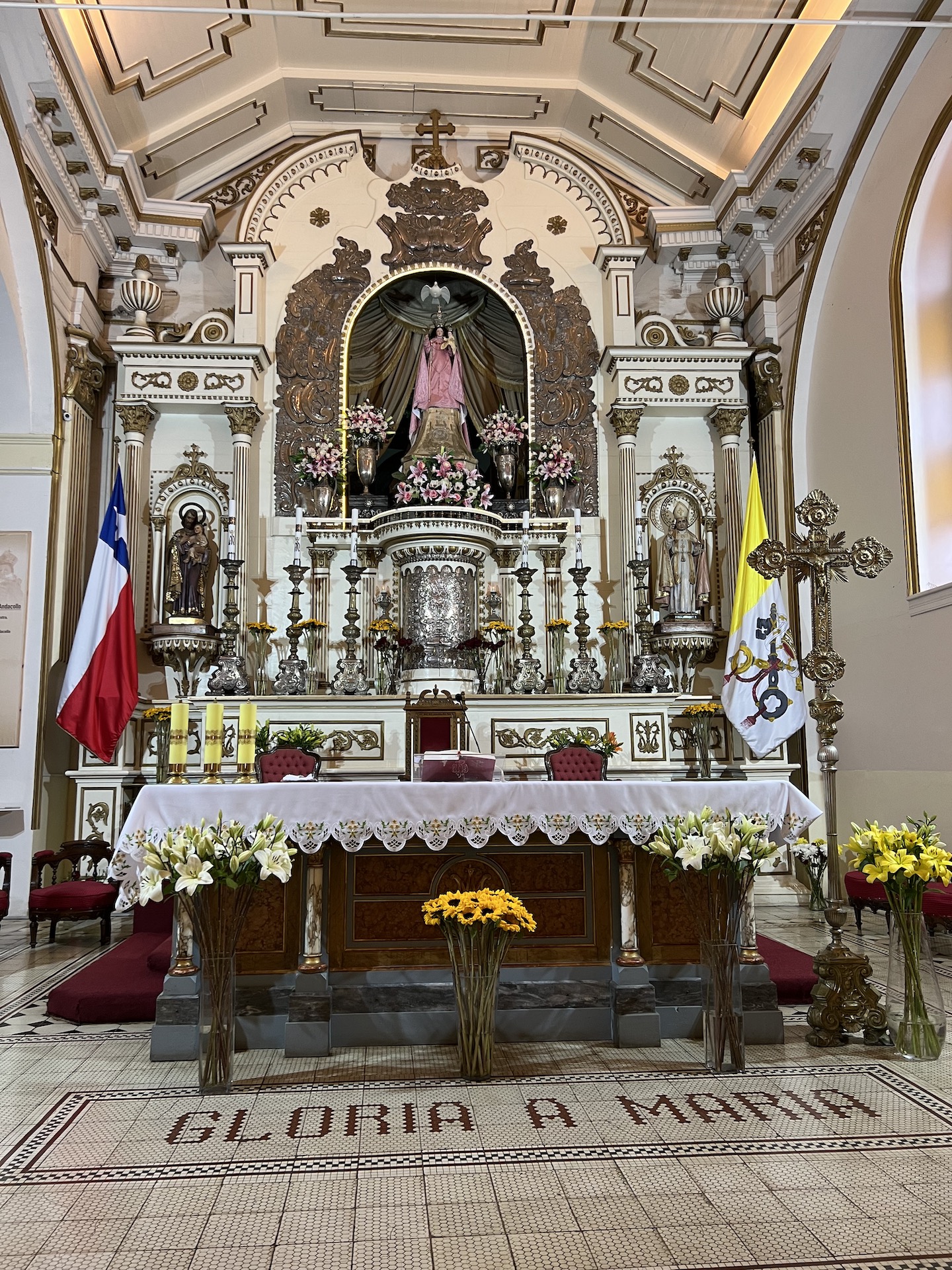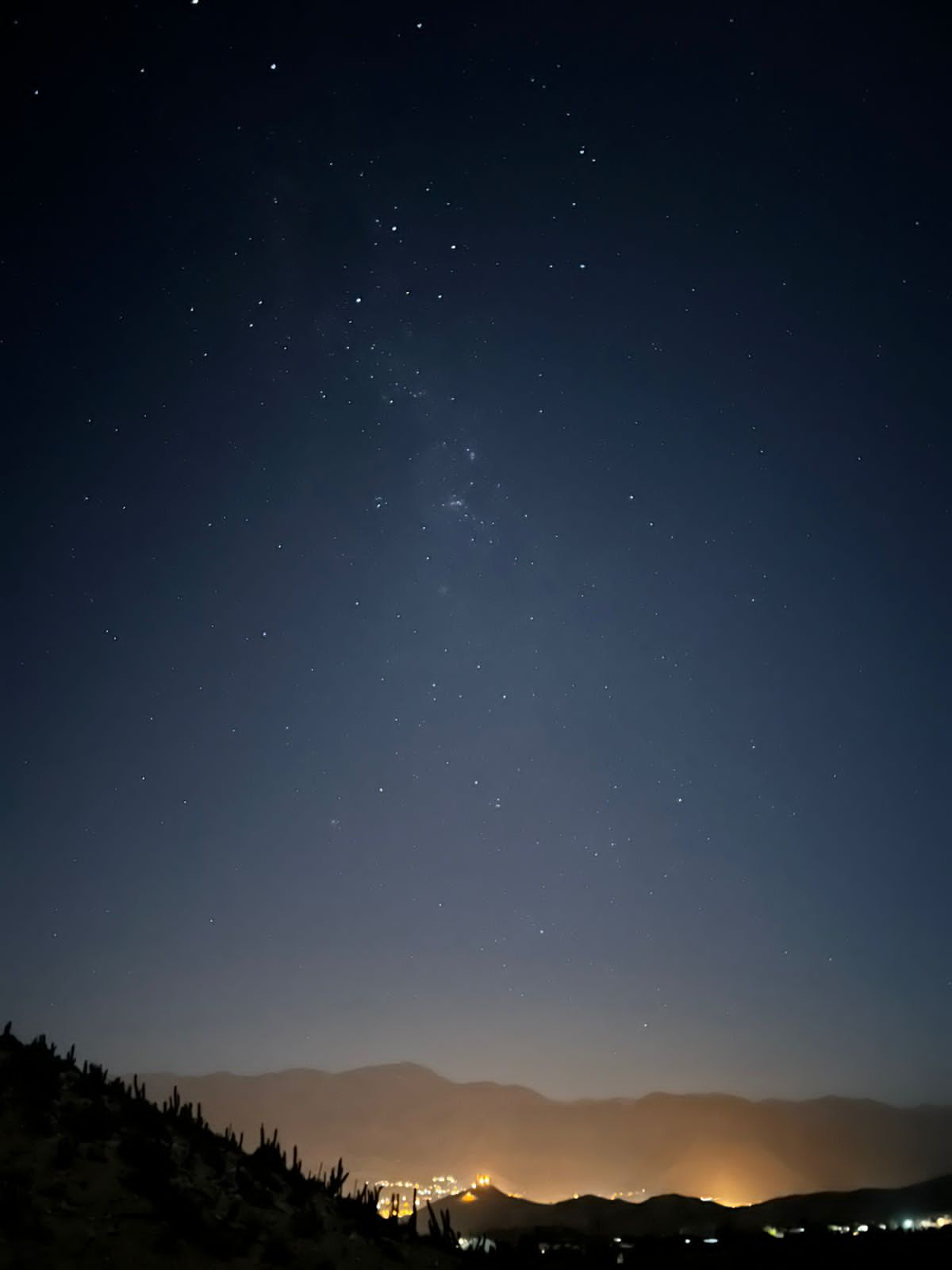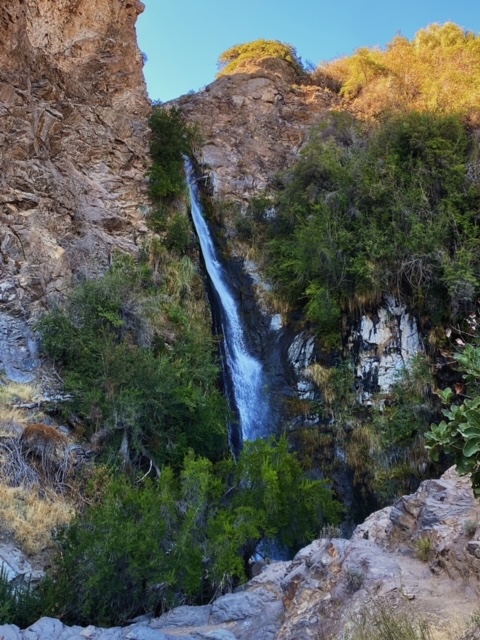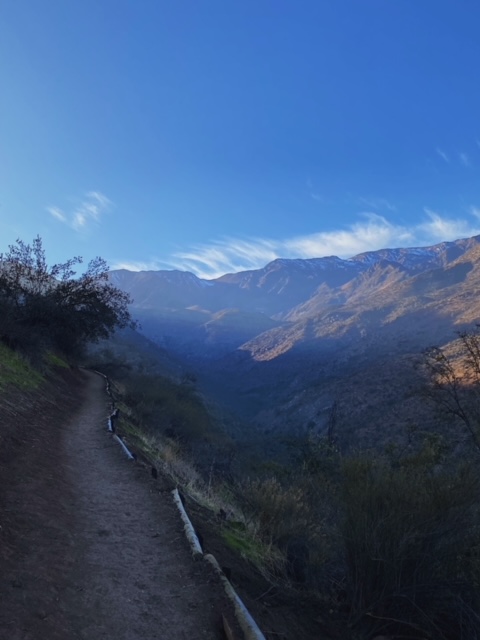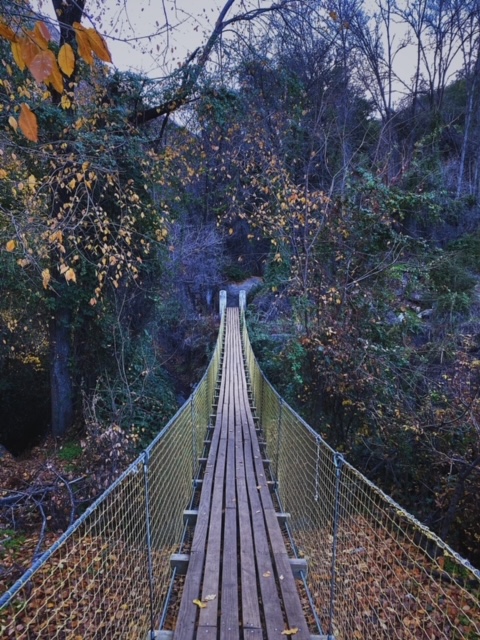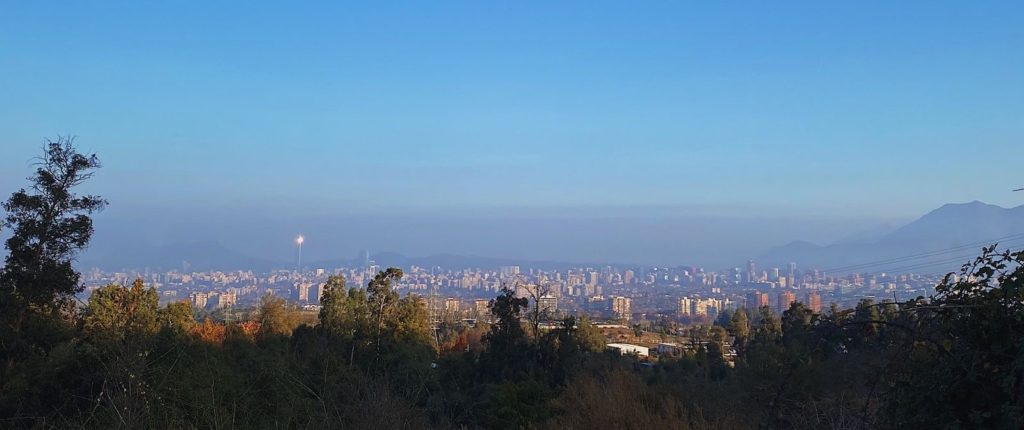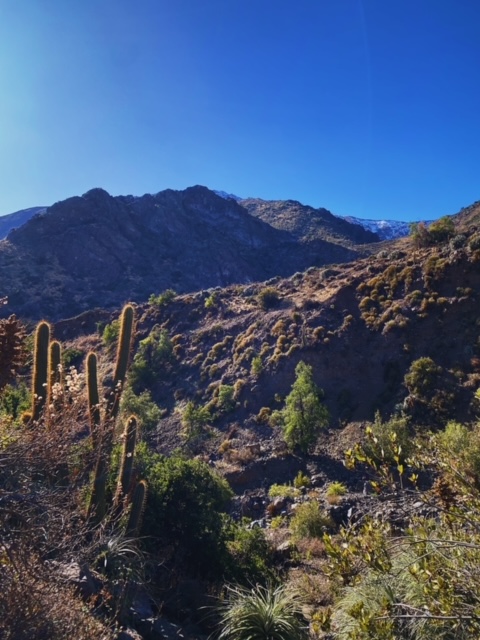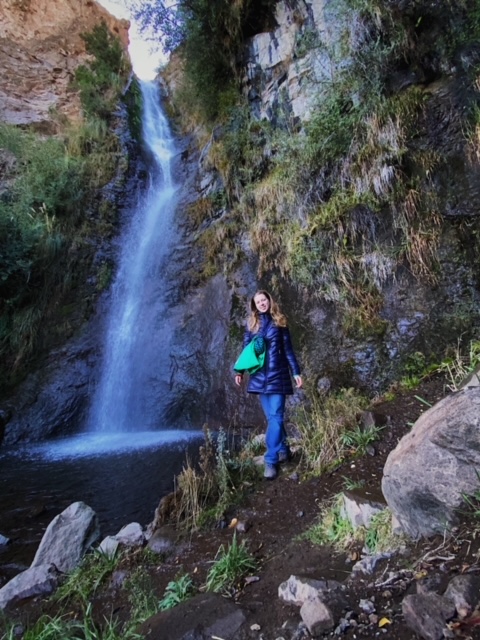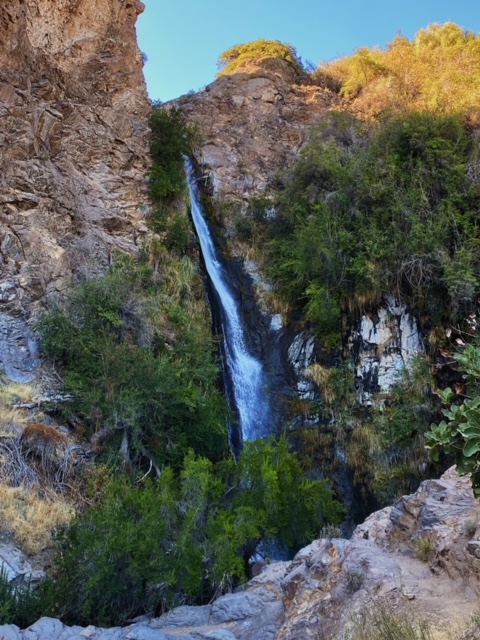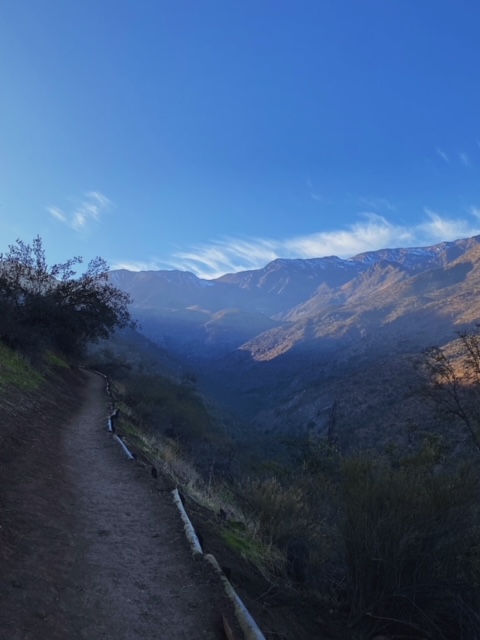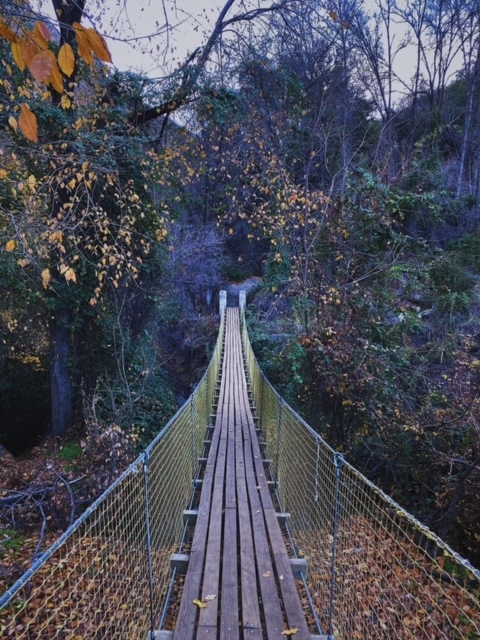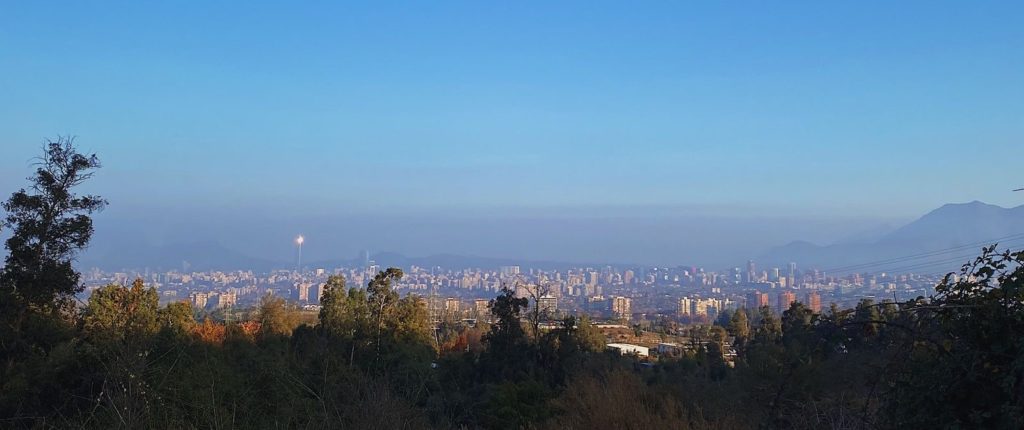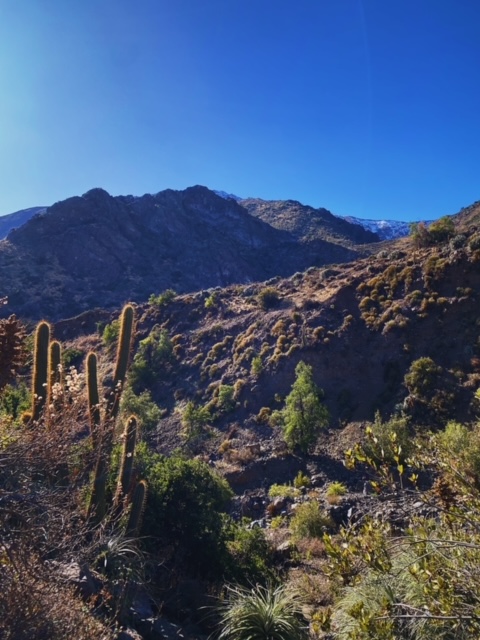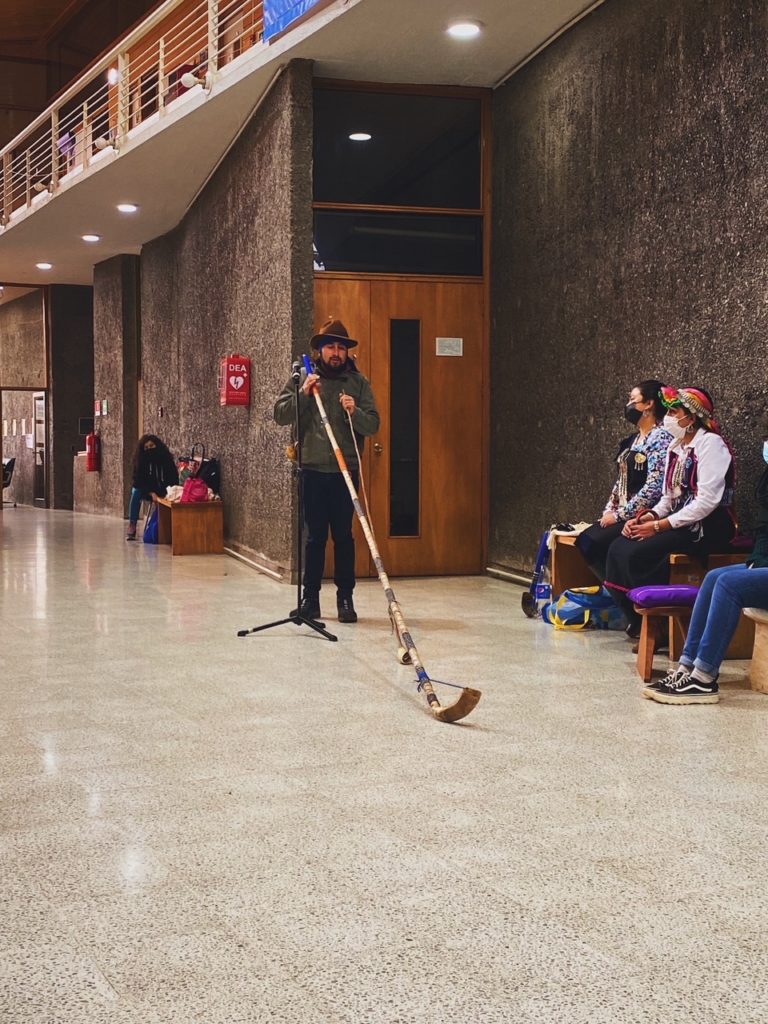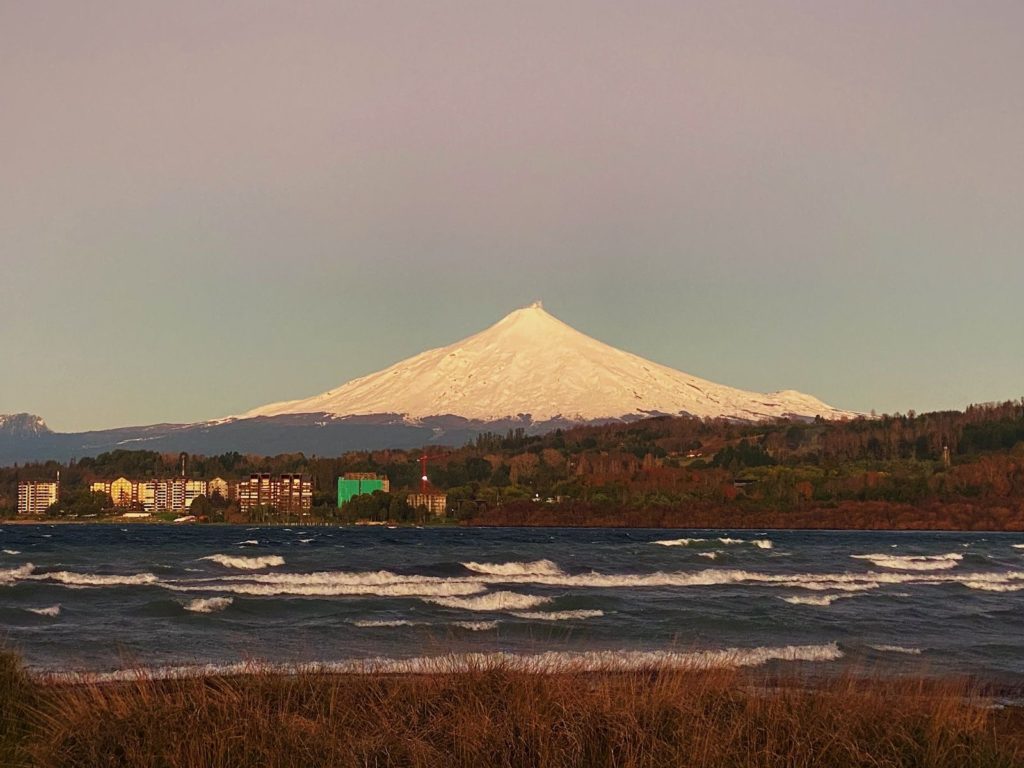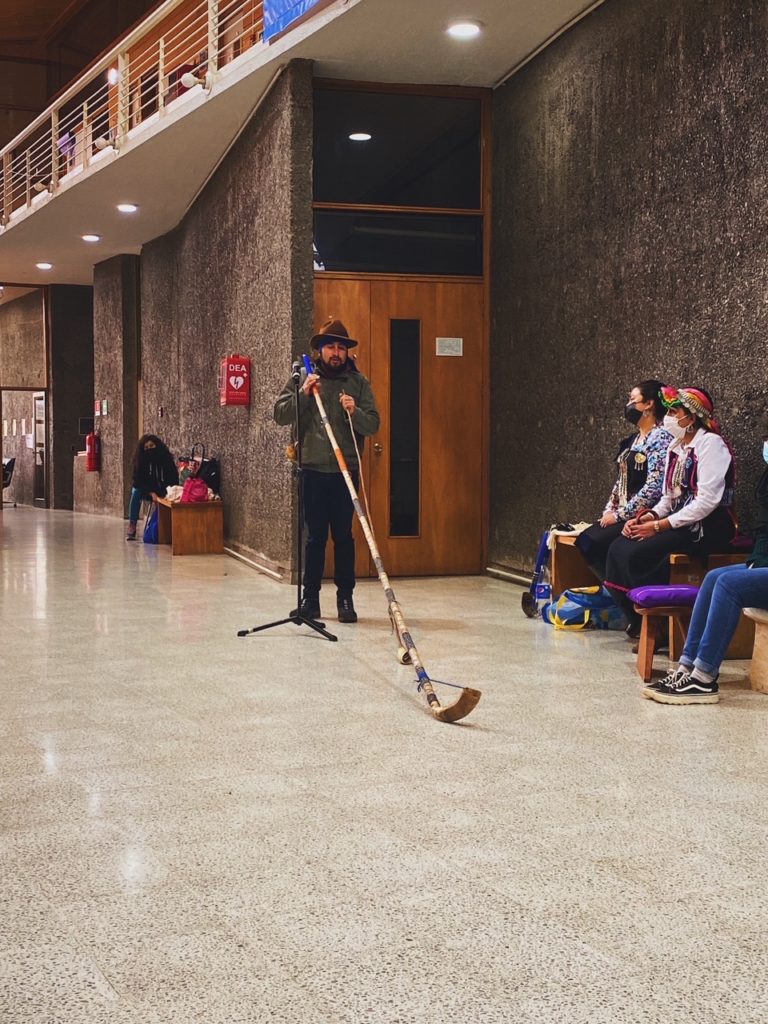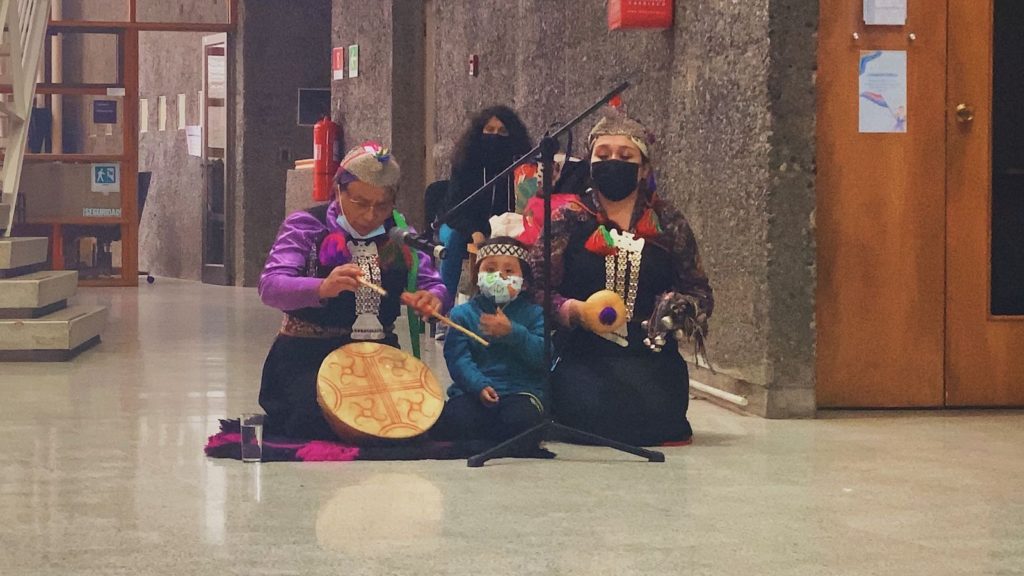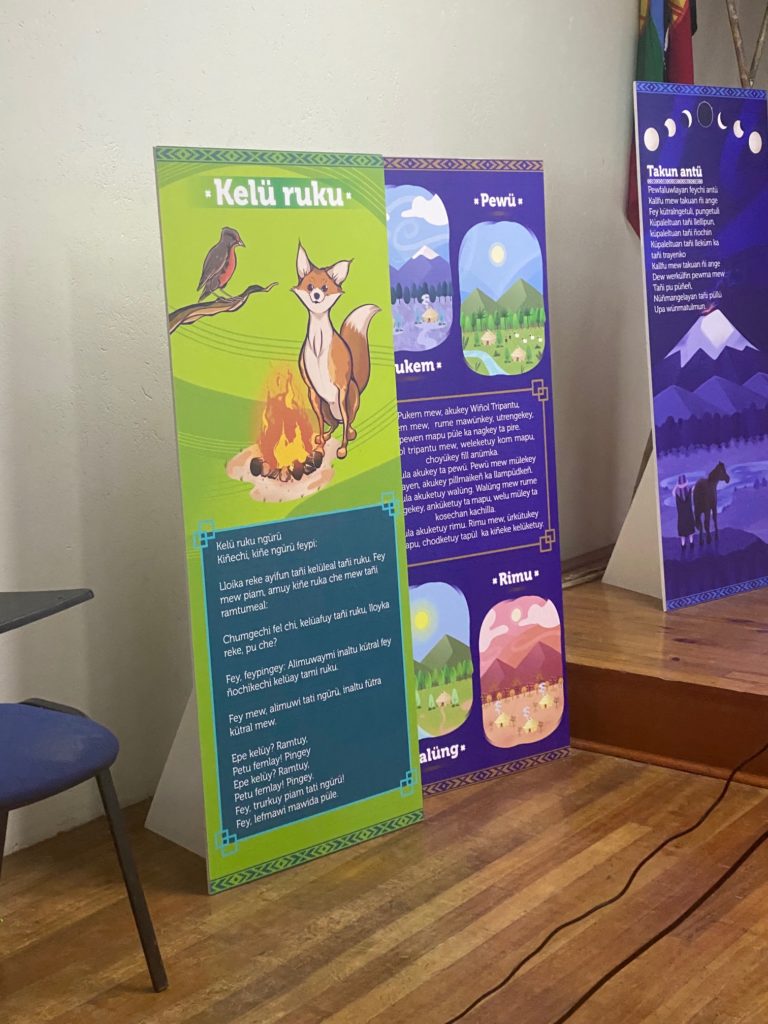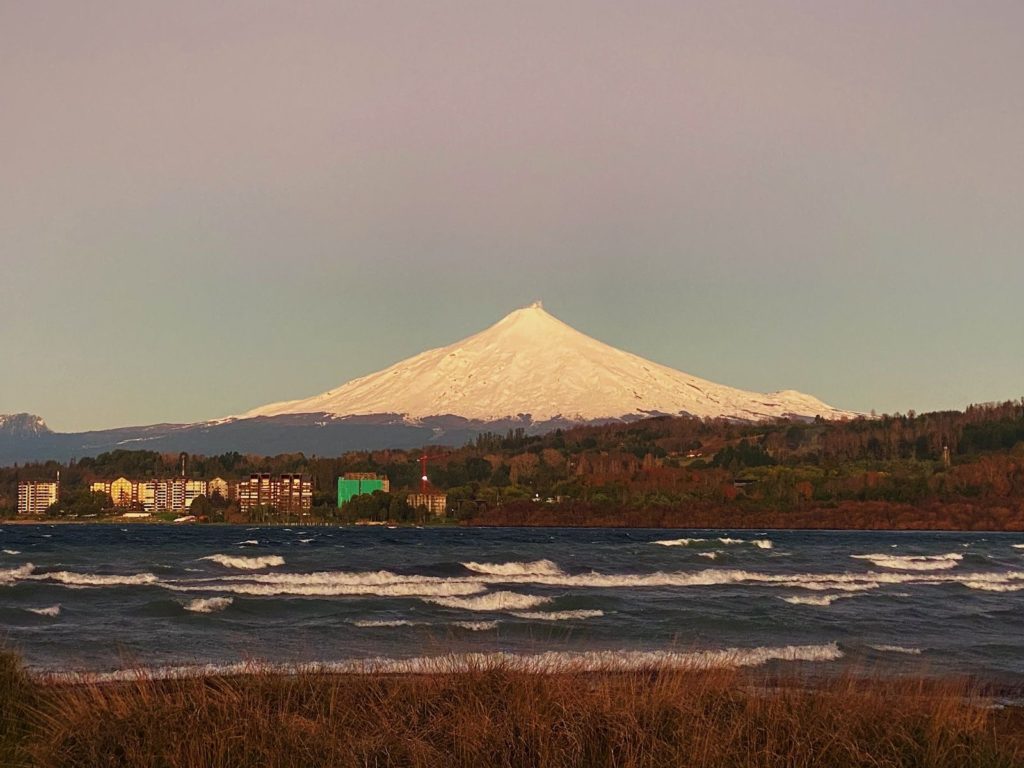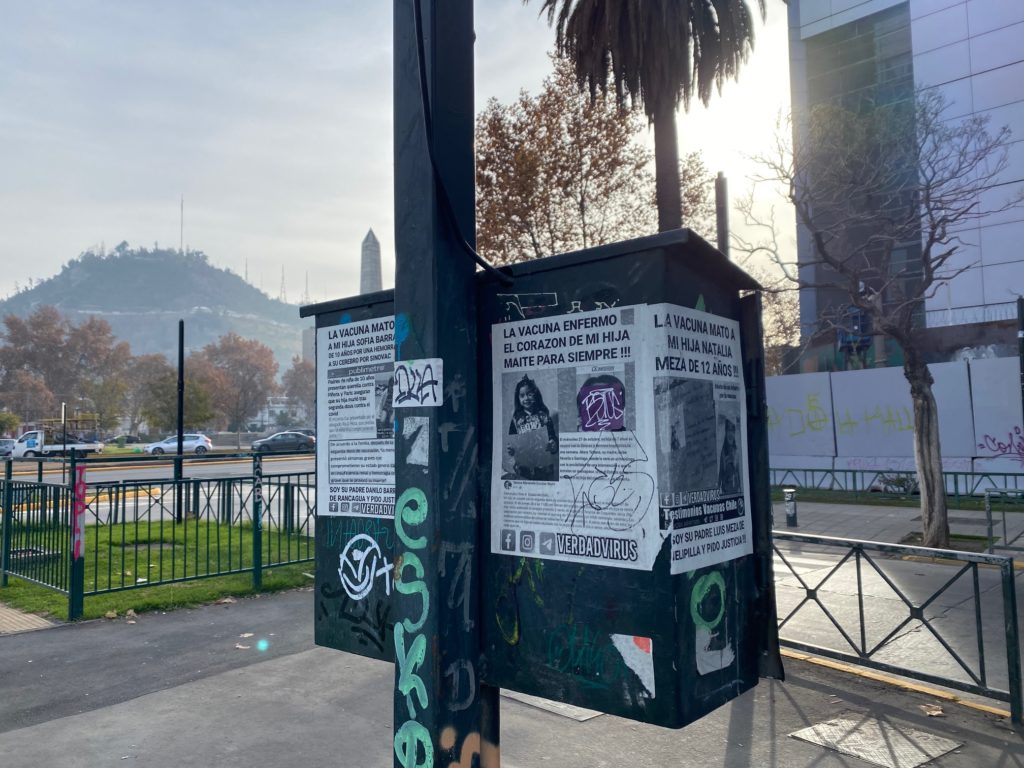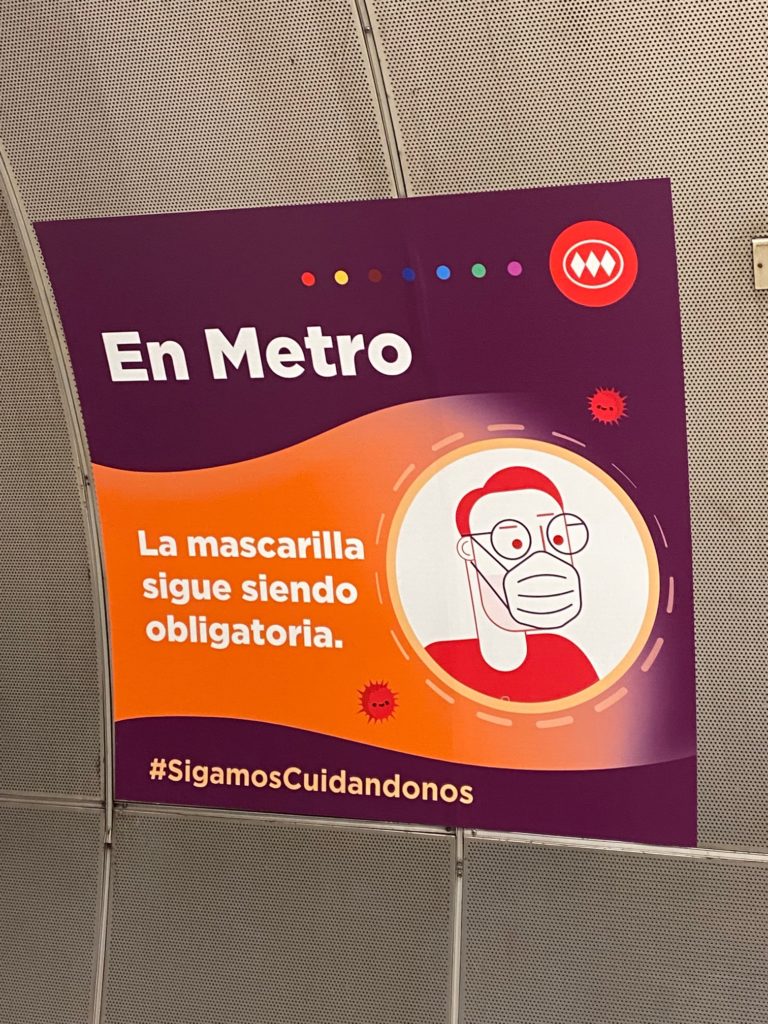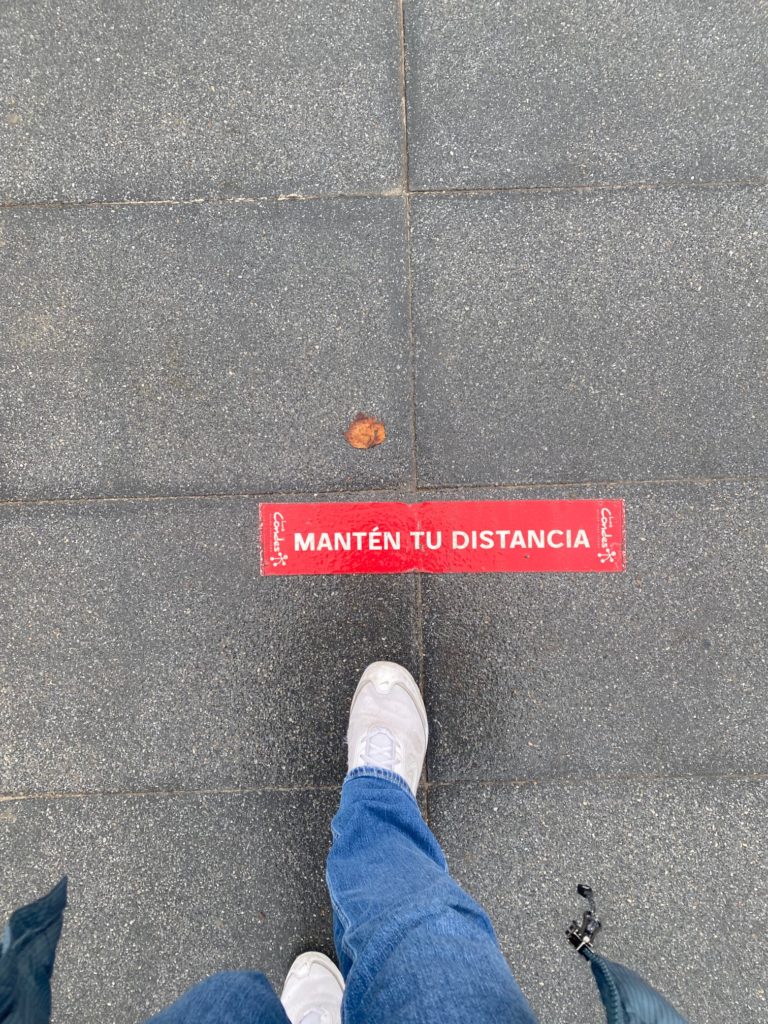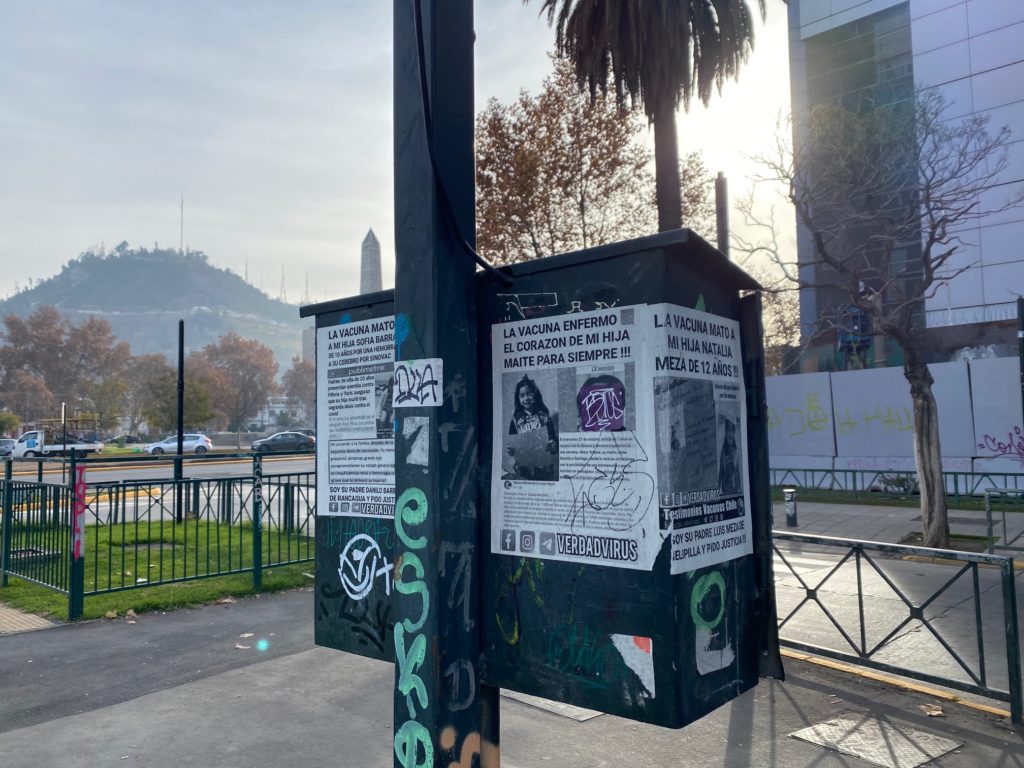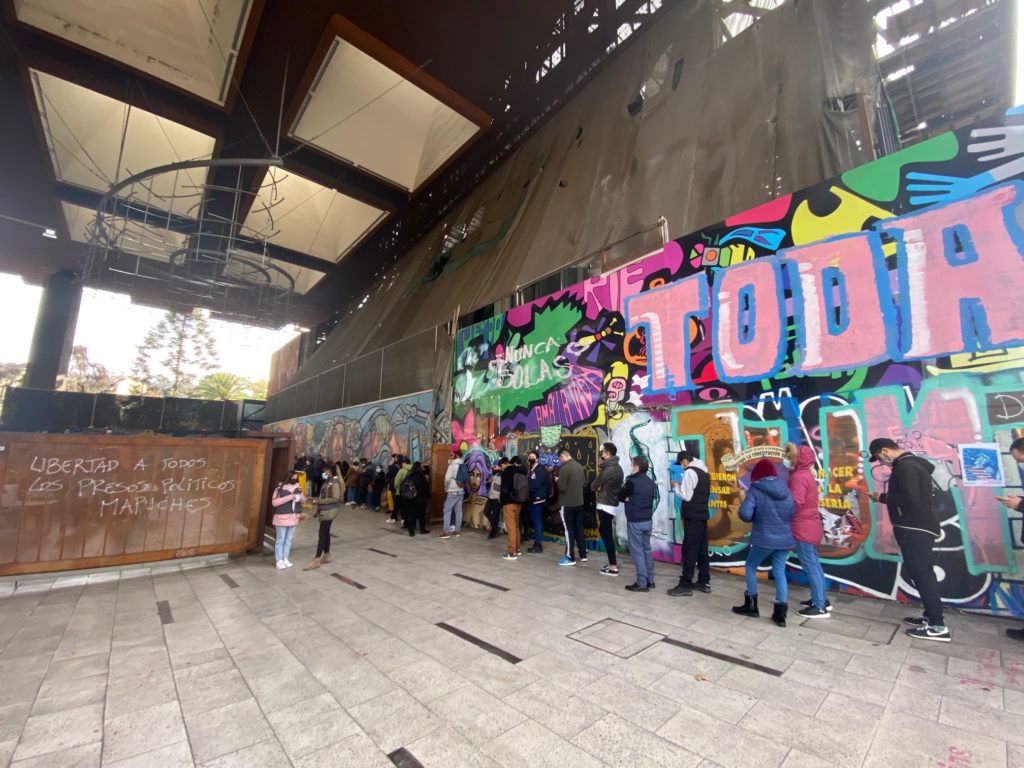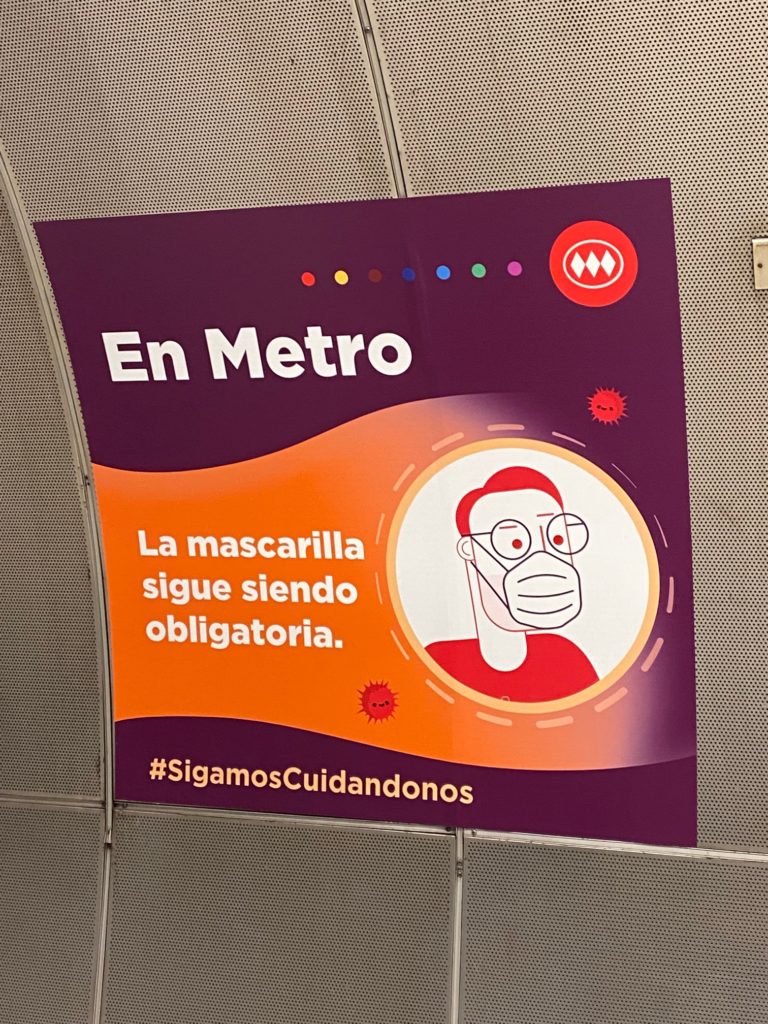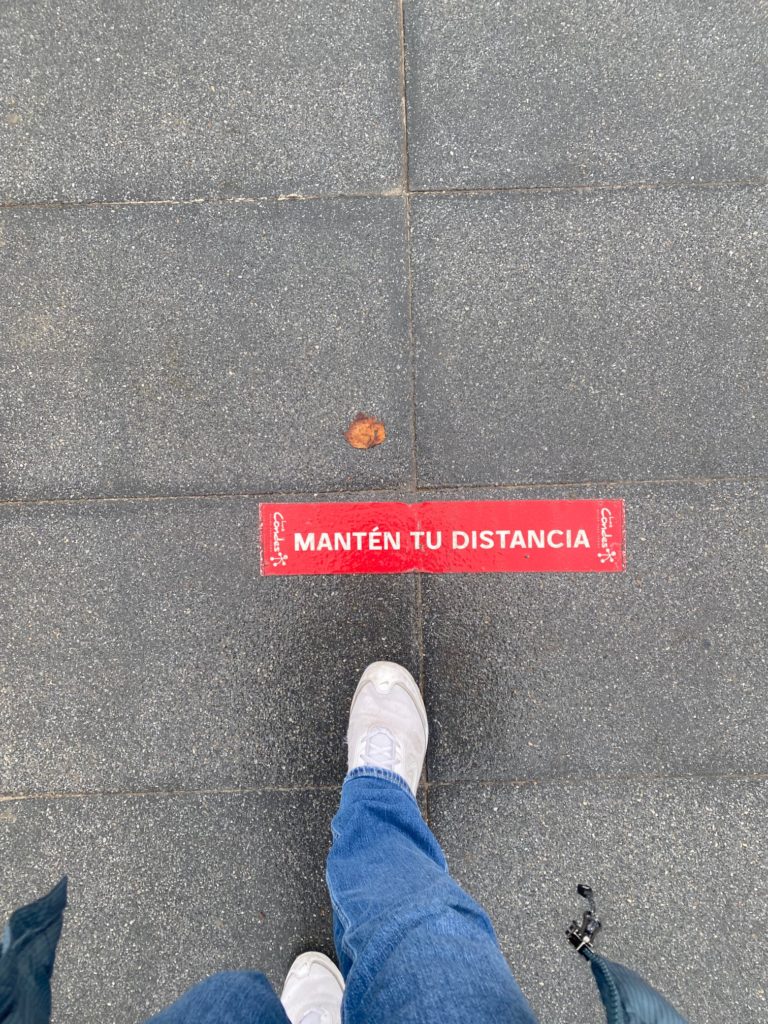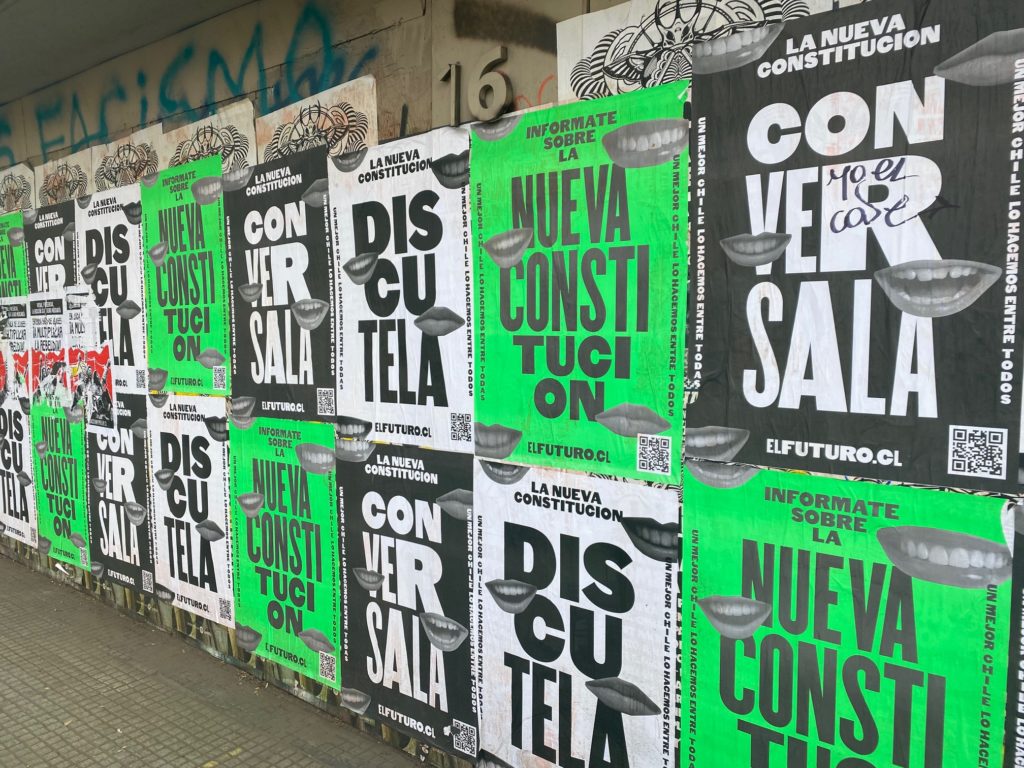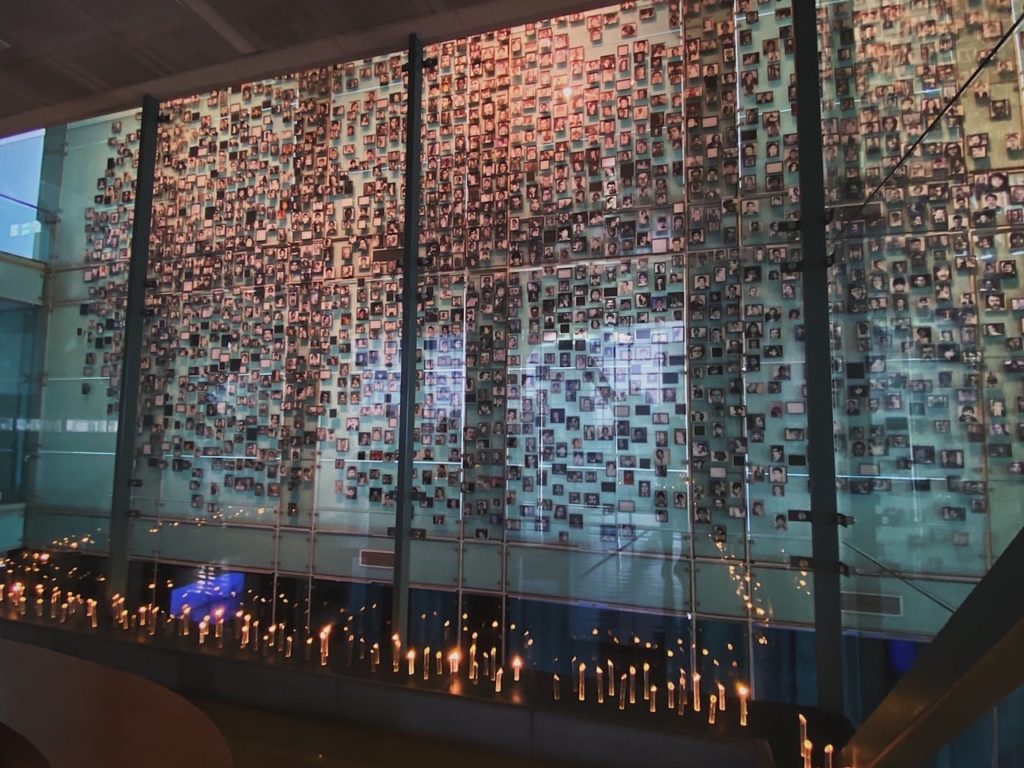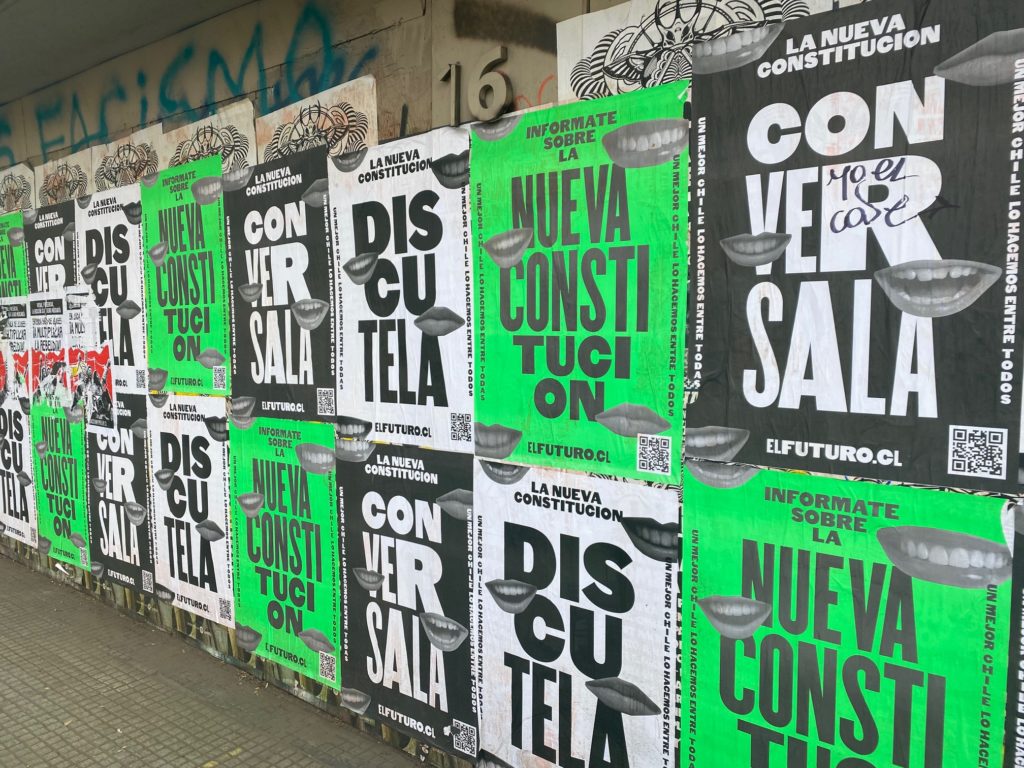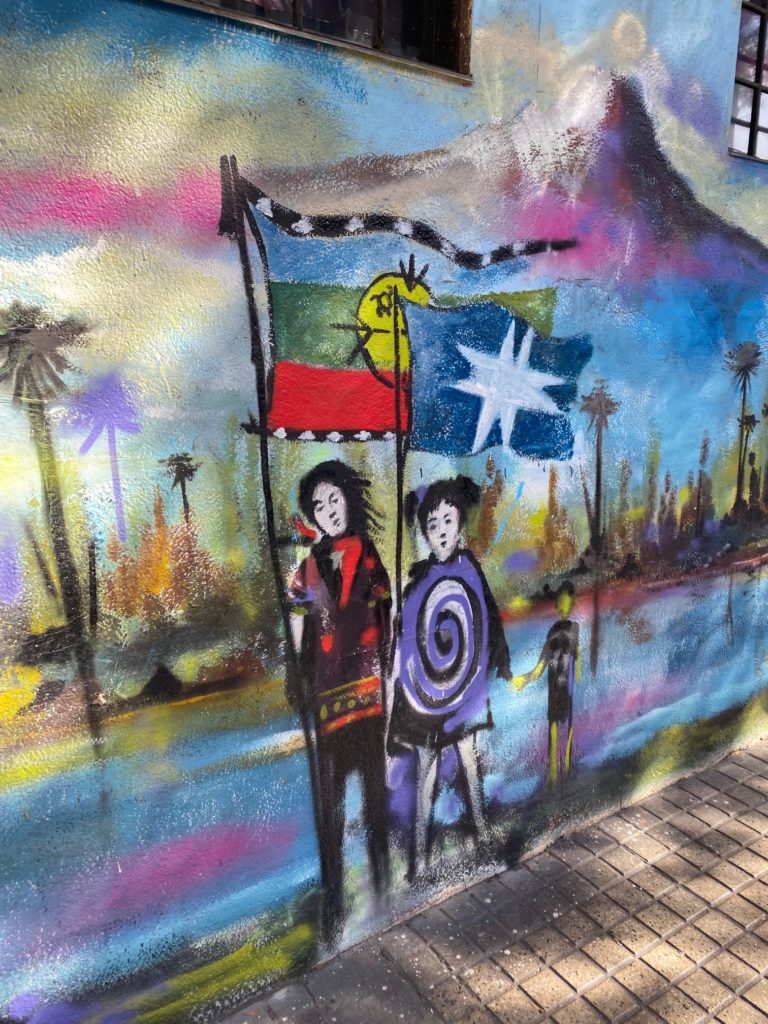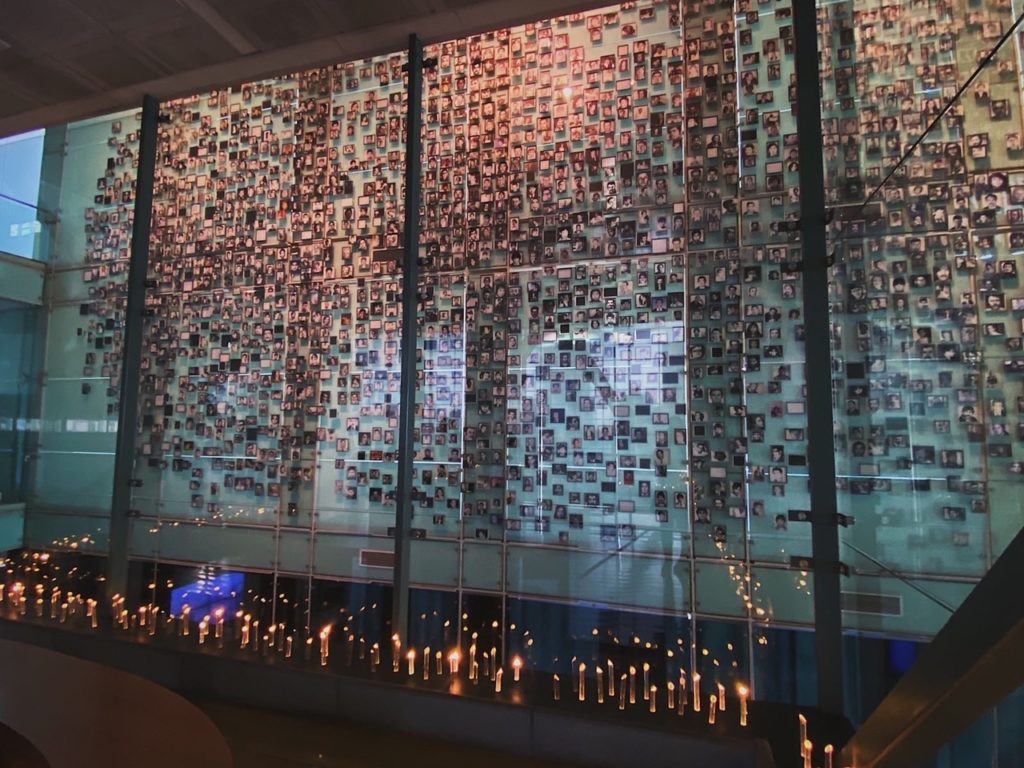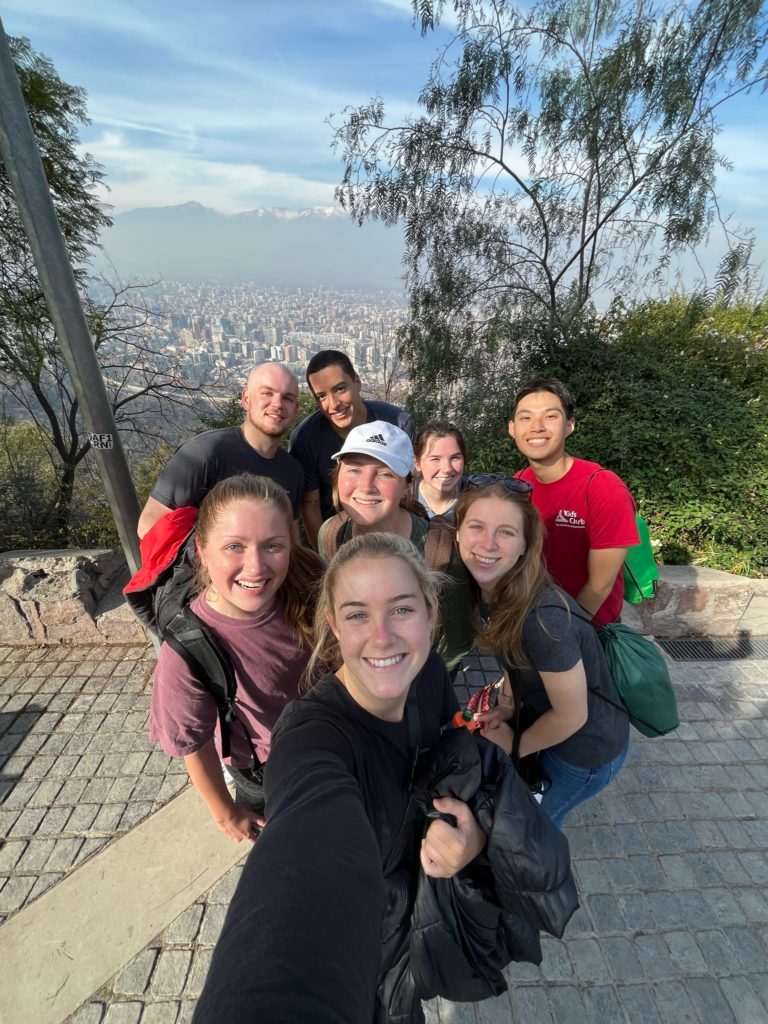¡Hola!
As I share this post with you, it has been just over a week that I have returned home from Santiago. My time abroad flew by, and I was sad to leave Chile, but I was looking forward to seeing my family back home.
During my final morning in Chile, I met my friend Julia at our favorite bakery—Lo Saldes—for a final sopaipilla. A sopaipilla is a delicious snack of fried dough. Many sopaipillas are made with a pumpkin purée, but some are not. Located between the metro stations Manquehue and Escuela Militar (my favorite station), Lo Saldes is a bakery and café that sells empanadas, fresh bread, and many postres (desserts). Julia and I would frequent Lo Saldes before class for our beloved sopaipillas. At a price of just 500 pesos/sopaipilla (about 50¢/sopaipilla), it is difficult to resist buying one (or ten) of the tasty snack.
Enjoying my last sopaipilla was the final thing I did before heading to the airport, meaning that indulging in the fried snack marked the end of my six weeks abroad in Santiago, Chile.
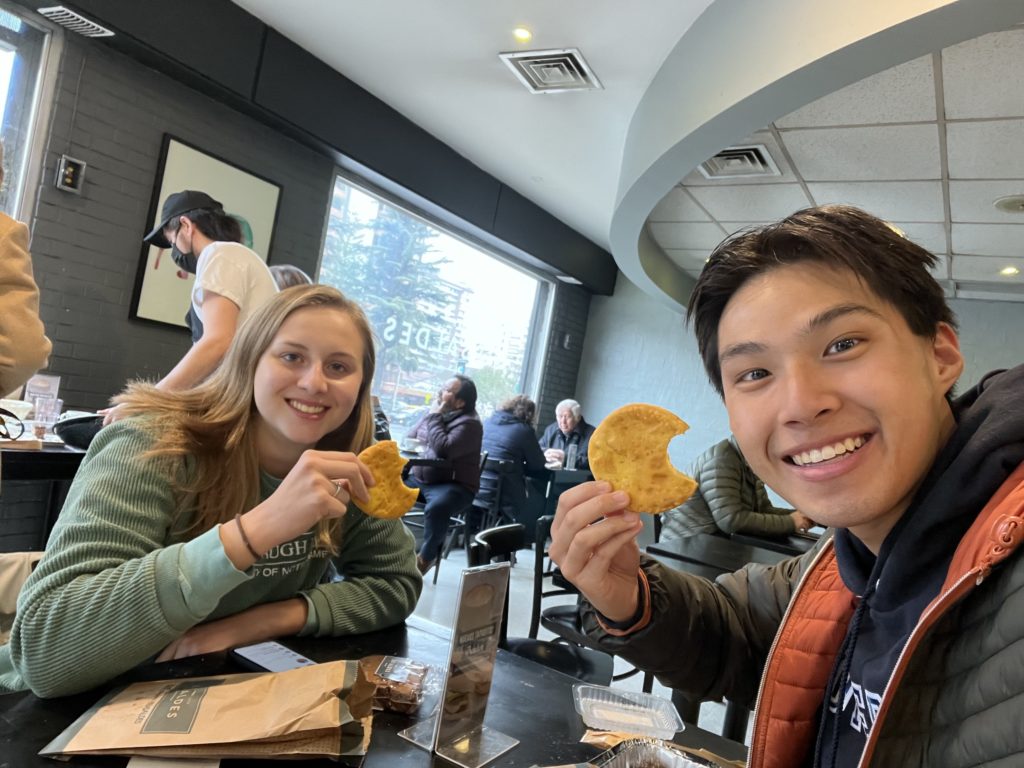
Receiving the opportunity to immerse myself in a foreign culture and challenge myself with language was rewarding, to say the least. I would often find myself in situations where I would not know how to say a certain word that I needed to complete my sentence, so I would try to navigate around the word in order to express my thoughts. It was frustrating to not know how to say exactly what I wanted to say, but struggling with the language allowed me to improve my comprehension and my vocabulary. In just six weeks, my speaking abilities improved tremendously. During my final dinner with my host family, my host parents told me that they were proud of how much I had improved. By the end of the program, I felt much more confident in my speaking abilities than I had felt at the beginning of the program.
In addition to learning more about language, learning about culture was also fulfilling. To be able to learn about certain authors in the classroom, and then see where those authors lived during their lifetimes was exciting, and the relaxed, immersive learning that I was able to partake in was a sharp contrast to the rigorous, “lecture-driven” learning that is characteristic to Notre Dame. Similarly, learning about how nature influenced the way in which Chilean authors understood the world, and then being able to explore the beauty of said nature was absolutely amazing.
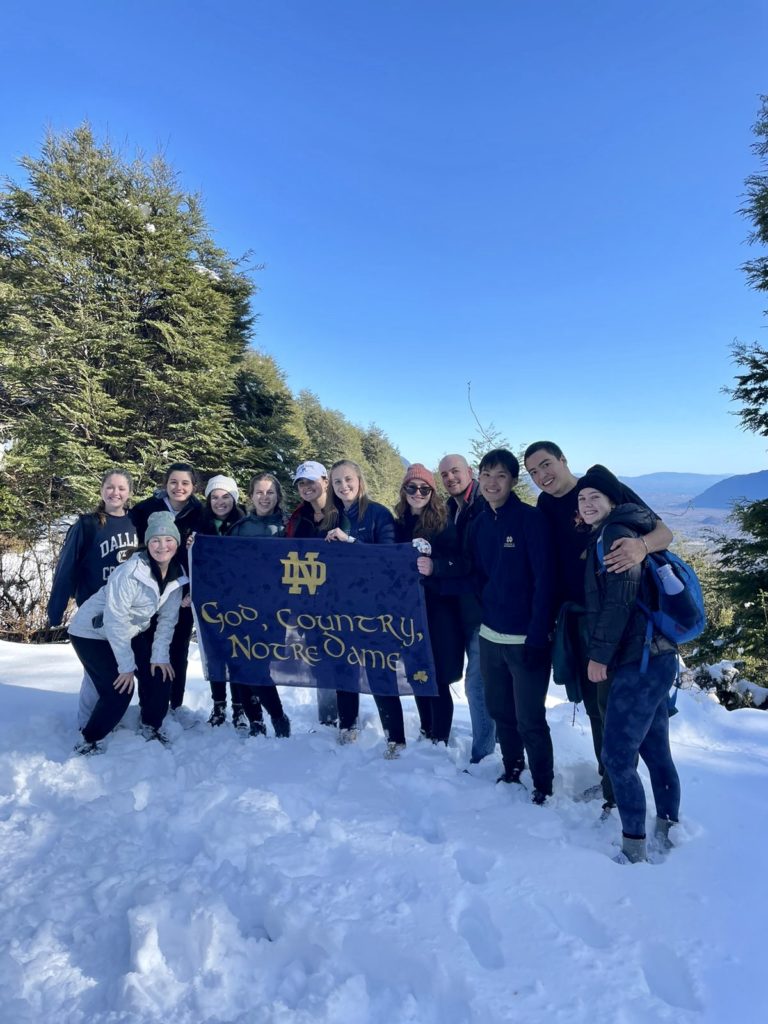
Would I recommend studying abroad? Absolutely, without a doubt. When studying abroad, it is important to make the most out of your experience. While I was abroad, I don’t think there was a single day that I wasn’t out exploring. Even when I had an essay to write, I would wander through the city until I found a new café or study-spot. I am beyond grateful for the opportunity to study abroad, and I encourage every student to consider the opportunity, if they receive the chance to. I am returning home with a newfound confidence—a confidence not only related to my language abilities and cultural understandings, but a confidence also related to myself, as a person. Being in an unfamiliar country, 5000 miles away from my family and the way of living that I was used to forced me to challenge myself in many ways. Struggling to even order food at restaurants was humbling (who knew that ordering KFC could be so difficult?). However, at the end of the day, it is the struggle that allows us to grow. From setbacks and obstacles we are able to learn, and we subsequently gain the confidence to try again, and continue putting our best effort forth until we succeed.
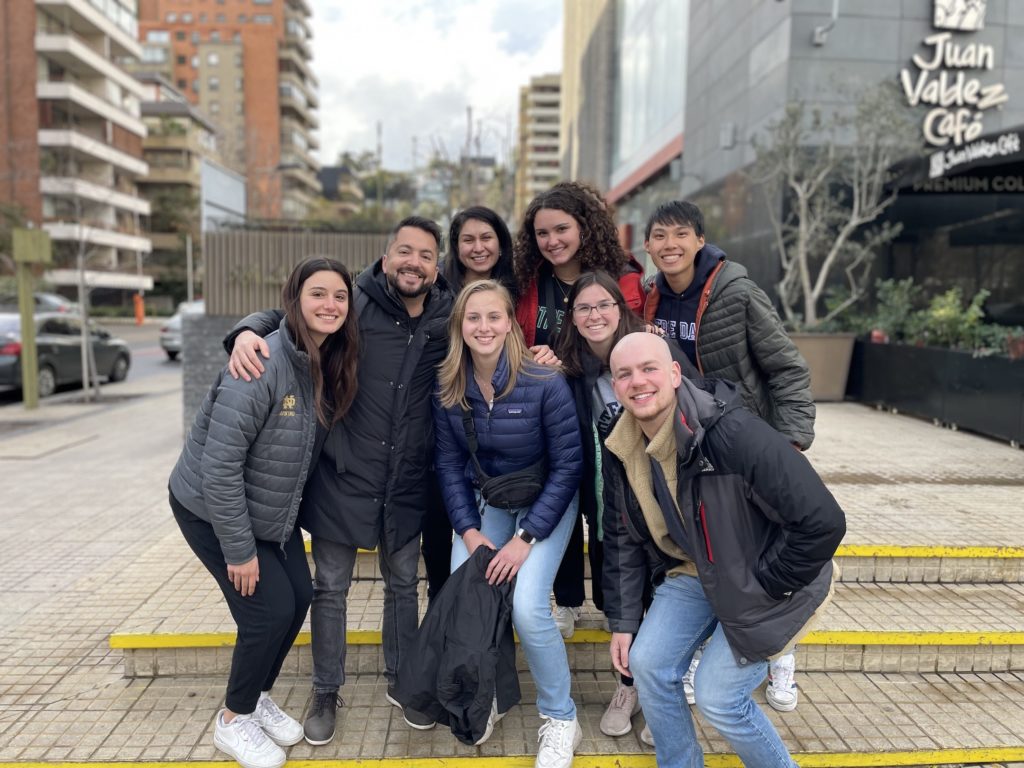
Saying “Chao” (Good-bye) to Santiago and the people that made the program so wonderful was one of the most difficult good-byes I have ever said in my life. It is difficult to express in words just how much I learned while I was abroad. The friends I met and the memories I created will remain with me for my entire life. Saying “good-bye” is never easy, but every ending is a new beginning, and another opportunity to learn.
Chao, Chile. Gracias por todo.
Un abrazo,
Aidan
